In today’s interconnected world, the importance of cybersecurity cannot be overstated. As businesses and individuals rely increasingly on digital platforms and data, the need to safeguard sensitive information has become a paramount concern. In Malaysia, the digital landscape is rapidly evolving. The role of cybersecurity companies in Malaysia has never been more critical. These companies are at the forefront of defending against cyber threats. Also, they help in ensuring the integrity, confidentiality, and availability of data for organizations and individuals alike.
Cybersecurity companies in Malaysia play a pivotal role in protecting the nation’s digital assets. These range from financial institutions and government agencies to small and medium-sized enterprises (SMEs) and private individuals. The ever-present threat of cyberattacks, data breaches, and online fraud makes it imperative for these companies to provide cutting-edge solutions and services to safeguard against the evolving threat landscape.
The remainder of this blog will delve into the top 5 cybersecurity companies in Malaysia, shedding light on their unique contributions to the country’s digital security ecosystem. We will explore how these companies are addressing the pressing challenges of today’s digital world, enabling organizations to navigate the complex realm of cybersecurity with confidence and resilience.
I. Top 5 Cybersecurity Companies in Malaysia
Cybersecurity is a critical aspect of the digital age, and Malaysia is no exception to the growing need for robust cybersecurity solutions. In this blog, we’ll explore the top 5 cybersecurity companies in Malaysia, shedding light on their innovative approaches to securing digital landscapes.
1. Qualysec:

Established in 2020, Qualysec swiftly emerged as a trusted cybersecurity agency in Malaysia , offering VAPT, security consulting, and incident response services.
Although Qualysec’s operational office is not situated in Malaysia. Qualysec is a renowned top player in the cybersecurity industry space in Malaysia, Qualysec boasts an expert team capable of identifying vulnerabilities that malicious actors could exploit. They collaborate with clients to rectify these issues, bolstering overall security.
Their team, composed of seasoned offensive specialists and security researchers, ensures clients have access to the latest security techniques. They offer VAPT services using both human expertise and automated tools, delivering clear findings, mitigation strategies, and post-assessment consulting, all in adherence to industry standards.
Qualysec’s service portfolio encompasses:
- Web App Pentesting
- Mobile App Pentesting
- API Pentesting
- Cloud Security Pentesting
- IoT Device Pentesting
- AI ML Pen testing
This comprehensive solution proves invaluable for businesses looking to comply with industry regulations or demonstrate commitment to security to stakeholders. Regular penetration testing empowers organizations to identify and rectify weaknesses before potential cyberattacks. Hence, Qualysec stands as a leading cybersecurity company, dedicated to enhancing cybersecurity security.
2. Wizlynx AG:
Wizlynx AG, though headquartered in Switzerland, has a strong presence in Malaysia and is recognized as a top cybersecurity company in the region. They bring a wealth of experience and expertise in areas like cybersecurity consulting, risk management, and compliance. Wizlynx AG is known for its tailored solutions that address the unique security challenges faced by Malaysian businesses. Their holistic approach ensures that clients not only mitigate current risks but also prepare for future threats, making them a key player in the local cybersecurity landscape.
3. REDtone Telecommunication Sdn Bhd:
REDtone Telecommunication Sdn Bhd, a subsidiary of Berjaya Corporation, offers comprehensive cybersecurity services alongside their telecommunications offerings. They are well-regarded for their managed security services, threat detection, and incident response capabilities. With a strong focus on providing end-to-end cybersecurity solutions, REDtone helps organizations in Malaysia safeguard their digital assets. Their commitment to staying ahead of emerging threats ensures that clients receive up-to-date protection and valuable insights to enhance their security posture.
4. IBM:
IBM is a global technology giant with a strong presence in Malaysia, offering a wide range of cybersecurity solutions and services. They leverage their vast experience in technology and security to deliver innovative products like IBM Security Guardium and IBM Security QRadar. IBM’s extensive research and development resources mean they are often at the forefront of security trends, providing Malaysian organizations with world-class security options to tackle increasingly complex cyber threats.
5. Cisco:
Cisco, another global cybersecurity heavyweight, has a strong presence in Malaysia, offering a wide array of security solutions. They are known for their advanced networking and cybersecurity technologies. Such an example is Cisco Firepower Threat Defense and Cisco Identity Services Engine. Cisco’s reputation as a leader in the cybersecurity industry and their comprehensive approach to securing networks makes them a preferred choice for Malaysian enterprises looking for top-notch security solutions.
In conclusion, these top 5 cybersecurity companies in Malaysia are contributing significantly to the nation’s digital defense strategies. They each bring their unique strengths, whether it’s local expertise, international experience, or innovative technology solutions, to help Malaysian organizations protect their data and systems in an increasingly interconnected world. It’s clear that these companies are essential partners in the ongoing battle against cyber threats in Malaysia and beyond.
II. Cybersecurity Landscape in Malaysia
A. Statistics and Insights on Cyber Threats in Malaysia
Before delving into the role of cybersecurity companies in Malaysia, it’s essential to understand the cybersecurity landscape in the country. Malaysia, like many other nations, faces a growing number of cyber threats and security challenges. The statistics and insights on these threats provide a compelling backdrop for the crucial role played by cybersecurity companies in the region.
- Rising Cyberattacks: Malaysia has witnessed a steady rise in cyberattacks in recent years. These attacks vary from distributed denial-of-service (DDoS) attacks to malware infections and data breaches. According to recent reports, Malaysia experienced a 47% increase in cyberattacks in 2021, highlighting the escalating threat environment.
- Financial Sector Vulnerabilities: The financial sector in Malaysia is particularly vulnerable to cyber threats due to the wealth of sensitive financial information it handles. Cybersecurity incidents can lead to significant financial losses and erode public trust. Therefore, financial institutions increasingly rely on cybersecurity companies in Malaysia to secure their networks and systems.
- Government and Critical Infrastructure Protection: Government agencies and critical infrastructure are prime targets for cyberattacks. Ensuring the security of these entities is essential to maintaining national security and stability. Cybersecurity companies in Malaysia work closely with government bodies to fortify their defenses and respond to evolving threats.
B. The Need for Robust Cybersecurity Solutions in Malaysia
The escalating cyber threats in Malaysia underscore the critical need for robust cybersecurity solutions. With the digital transformation sweeping across industries, businesses are exposed to more significant risks than ever before. The need to protect sensitive data, intellectual property, and the continuity of operations is paramount. This is where cybersecurity companies in Malaysia step in to provide the expertise, technology, and strategies required to mitigate these risks.
- Protecting Data Privacy: Malaysia has implemented personal data protection laws, making it crucial for businesses to secure customer data. Violating these laws can result in hefty fines and legal consequences. Cybersecurity companies in Malaysia assist organizations in ensuring data privacy and compliance with data protection regulations.
- Preventing Disruption: Cyberattacks can lead to network and system disruptions, causing significant downtime and financial losses. Businesses depend on the expertise of cybersecurity companies to implement measures that prevent such disruptions and enable business continuity.
- Staying Ahead of Cyber Threats: The threat landscape is constantly evolving, with cybercriminals employing increasingly sophisticated tactics. Cybersecurity companies in Malaysia stay at the forefront of threat intelligence and technology to help organizations anticipate, detect, and respond to these threats effectively.
In conclusion, the need for robust cybersecurity solutions in Malaysia has never been more apparent. With the increasing prevalence of cyber threats and the potential for severe financial and reputational damage, cybersecurity companies in Malaysia play a pivotal role in safeguarding the nation’s digital infrastructure. In the next sections, we will delve deeper into the top 5 cybersecurity companies in Malaysia and how they are addressing these pressing security challenges.
III. Emerging Trends in Malaysian Cybersecurity
A. Current Challenges
As the threat landscape evolves, so do the challenges faced by cybersecurity companies in Malaysia. These challenges are dynamic and multifaceted, requiring constant adaptation and innovation to stay ahead of cybercriminals. Some of the current challenges include:
- Sophisticated Cyber Threats: Cybercriminals are employing increasingly sophisticated tactics, including advanced malware, ransomware, and zero-day vulnerabilities. This demands a heightened level of cybersecurity expertise from companies in Malaysia.
- Skills Shortage: The demand for cybersecurity experts exceeds the supply in Malaysia, creating a skills shortage. Cybersecurity companies often need to invest in training and development to maintain a highly skilled workforce.
- Regulatory Compliance: The evolving regulatory landscape necessitates ongoing efforts to ensure compliance with data protection and cybersecurity laws. Failure to comply can result in significant fines and damage to an organization’s reputation.
B. Innovations and Technologies
In response to these challenges, cybersecurity companies in Malaysia are at the forefront of adopting innovative technologies and strategies to enhance security:
- Artificial Intelligence (AI) and Machine Learning: AI and machine learning are being harnessed to analyze vast amounts of data in real-time, enabling rapid threat detection and response.
- Zero Trust Security: The adoption of a zero-trust security model, where trust is never assumed, is gaining traction. This approach enhances security by continuously verifying users and devices.
- Cloud Security: With the increasing use of cloud services, cybersecurity companies are focusing on securing cloud environments, ensuring data integrity and privacy.
C. Government Initiatives
The Malaysian government recognizes the importance of a robust cybersecurity infrastructure and has undertaken various initiatives to bolster national cybersecurity:
- National Cyber Security Policy (NCSP): The NCSP outlines the government’s strategy to strengthen the nation’s cybersecurity posture. It emphasizes collaboration between the public and private sectors and the importance of building a resilient and secure digital ecosystem.
- Cybersecurity Malaysia: Cybersecurity Malaysia, an agency under the Ministry of Communications and Multimedia, plays a vital role in coordinating and strengthening the country’s cybersecurity efforts. It partners with cybersecurity companies in Malaysia to enhance capabilities and response to cyber threats.
- Cybersecurity Legislation: The government has introduced laws such as the Personal Data Protection Act (PDPA) and the soon-to-be-enforced Cybersecurity Act to regulate and govern cybersecurity practices, providing a legal framework to combat cyber threats.
In conclusion, the cybersecurity landscape in Malaysia is marked by both challenges and opportunities. As the threat environment becomes more complex, the expertise and innovation of cybersecurity companies in Malaysia are essential to safeguarding the nation’s digital assets. Emerging technologies and government initiatives are critical in ensuring that the country remains resilient against evolving cyber threats. In the following sections, we will explore the top 5 cybersecurity companies in Malaysia and how they contribute to addressing these challenges and capitalizing on emerging trends.
IV. Importance of Cybersecurity for Businesses
A. Impact of Cyber Threats
The significance of cybersecurity for businesses cannot be overstated, and the stakes have never been higher. In a world where digital assets, data, and operations are the lifeblood of enterprises, the impact of cyber threats can be catastrophic. Cybersecurity companies in Malaysia play a crucial role in helping businesses understand and mitigate these threats.
- Data Breaches: Data breaches can have far-reaching consequences, including the exposure of sensitive customer information. The fallout from a data breach can result in not only financial losses but also a loss of trust from customers, which can take years to rebuild.
- Operational Disruption: Cyberattacks can disrupt business operations, causing downtime and loss of revenue. The impact can be felt across the organization, affecting productivity, customer service, and reputation.
- Reputation Damage: A security breach can severely damage a company’s reputation. Customers and partners may lose trust, impacting long-term business relationships.
B. The Cost of a Security Breach
The financial repercussions of a security breach are significant and can be devastating for businesses. Cybersecurity companies in Malaysia understand the financial burden these breaches can impose and help organizations take proactive measures to prevent them.
- Financial Losses: A security breach can result in direct financial losses, including costs associated with investigating the breach, notifying affected parties, and potential legal actions.
- Regulatory Fines: Businesses operating in Malaysia are subject to data protection laws and regulations. Non-compliance with these regulations can result in substantial fines and penalties.
- Loss of Market Value: A high-profile security breach can lead to a loss of market value, affecting shareholders and investors.
C. The Role of Cybersecurity Companies
Cybersecurity companies in Malaysia are instrumental in helping businesses mitigate the impact of cyber threats and avoid the devastating consequences of security breaches. Their roles are multifaceted and critical for organizations of all sizes:
- Risk Assessment: Cybersecurity companies conduct comprehensive risk assessments to identify vulnerabilities and develop strategies to address them. This proactive approach helps businesses fortify their defenses.
- Security Solutions: These companies provide a wide range of security solutions, from firewalls and intrusion detection systems to advanced threat protection. They tailor their offerings to meet the unique needs and budgets of businesses.
- Incident Response: In the event of a security breach, cybersecurity companies in Malaysia offer rapid incident response services to minimize the damage and ensure a swift return to normal operations.
- Compliance Guidance: Businesses must comply with data protection and cybersecurity regulations. Cybersecurity companies assist in interpreting and adhering to these regulations, reducing the risk of fines and legal actions.
In conclusion, cybersecurity is not an optional consideration for businesses—it’s a necessity. There is always an impact of cyber threats, both in terms of financial losses and reputation damage. This underscores the importance of robust cybersecurity measures. Cybersecurity companies in Malaysia are pivotal in helping businesses navigate the complex landscape of cybersecurity, ensuring they can operate in a secure and resilient digital environment. In the next section, we will explore the top 5 cybersecurity companies in Malaysia and how they support businesses in achieving their cybersecurity goals.
V. Conclusion
A. Recap of Top Cybersecurity Companies in Malaysia
In this blog, we’ve explored the crucial role played by cybersecurity companies in Malaysia, addressing the ever-increasing need for digital security in a rapidly evolving digital landscape. Let’s recap the top 5 cybersecurity companies in Malaysia, each making significant contributions to safeguarding the nation’s digital infrastructure:
- Qualysec: A homegrown Malaysian cybersecurity company that offers a range of services, from penetration testing to incident response, helping organizations proactively identify vulnerabilities and defend against cyber threats.
- Wizlynx AG: While headquartered in Switzerland, Wizlynx AG maintains a strong presence in Malaysia, focusing on cybersecurity consulting, risk management, and compliance solutions for local businesses.
- REDtone Telecommunication Sdn Bhd: This subsidiary of Berjaya Corporation provides comprehensive cybersecurity services, including managed security, threat detection, and incident response, assisting organizations in safeguarding their digital assets.
- IBM: The global technology giant offers a wide array of cybersecurity solutions in Malaysia, leveraging its extensive experience and cutting-edge technology to secure networks and systems.
- Cisco: Another global cybersecurity heavyweight, Cisco, is well-represented in Malaysia, offering advanced networking and security technologies that help local businesses defend against cyber threats.
B. Final Thoughts on Cybersecurity in Malaysia
As Malaysia continues its digital transformation journey, the importance of cybersecurity companies in Malaysia cannot be overstated. The nation faces not only an increasingly complex threat landscape but also opportunities for innovation and growth. In this context, a few final thoughts:
- Evolving Threat Landscape: Cyber threats will continue to evolve, challenging businesses and governments alike. The role of cybersecurity companies in Malaysia is not just to respond to current threats but to anticipate and proactively defend against emerging ones.
- Collaboration: Collaboration between the public and private sectors, as well as within the cybersecurity community, is essential. Sharing threat intelligence and best practices will strengthen the collective defense against cyber threats.
- Innovation: The adoption of innovative technologies, such as AI, machine learning, and zero-trust security, is critical for staying ahead of cybercriminals. Malaysian cybersecurity companies must continue to invest in research and development.
- Regulatory Compliance: The enforcement of cybersecurity and data protection regulations will be a growing concern. Businesses must work closely with cybersecurity companies in Malaysia to ensure compliance and mitigate regulatory risks.
In conclusion, the importance of cybersecurity companies in Malaysia cannot be understated. They play a pivotal role in securing the nation’s digital assets and helping businesses. These in turn navigate the complex and ever-changing threat landscape. As Malaysia forges ahead in the digital era, collaboration and innovation. With the help of these companies will be integral in ensuring a secure and prosperous future.
FAQ’s
1. What is cybersecurity?
Answer: Cybersecurity refers to the practice of protecting computer systems, networks, and digital data from unauthorized access, damage, theft, or disruption. It encompasses various technologies, processes, and practices to safeguard digital assets against cyber threats.
2. Why is cybersecurity important?
Answer: Cybersecurity is crucial because it helps prevent cyberattacks, data breaches, and unauthorized access to sensitive information. It safeguards the integrity, confidentiality, and availability of data, ensuring the smooth functioning of businesses and protecting individuals’ privacy.
3. What are common cyber threats?
Answer: Common cyber threats include malware (such as viruses and ransomware), phishing attacks, DDoS (Distributed Denial of Service) attacks, data breaches, insider threats, and social engineering. These threats can result in significant financial losses and reputational damage.
4. How can individuals protect themselves from cyber threats?
Answer: Individuals can protect themselves by using strong, unique passwords, enabling two-factor authentication, being cautious of unsolicited emails and messages, keeping their software and operating systems up to date, and using reputable antivirus software. Additionally, practicing safe online behavior is crucial.
5. What should businesses consider when choosing a cybersecurity company?
Answer: When selecting a cybersecurity company, businesses should consider the company’s reputation, experience, and track record. These help in dealing with their specific industry or cybersecurity challenges. They should also assess the range of services offered, including threat detection, incident response, and compliance expertise, to ensure they meet their security needs effectively.









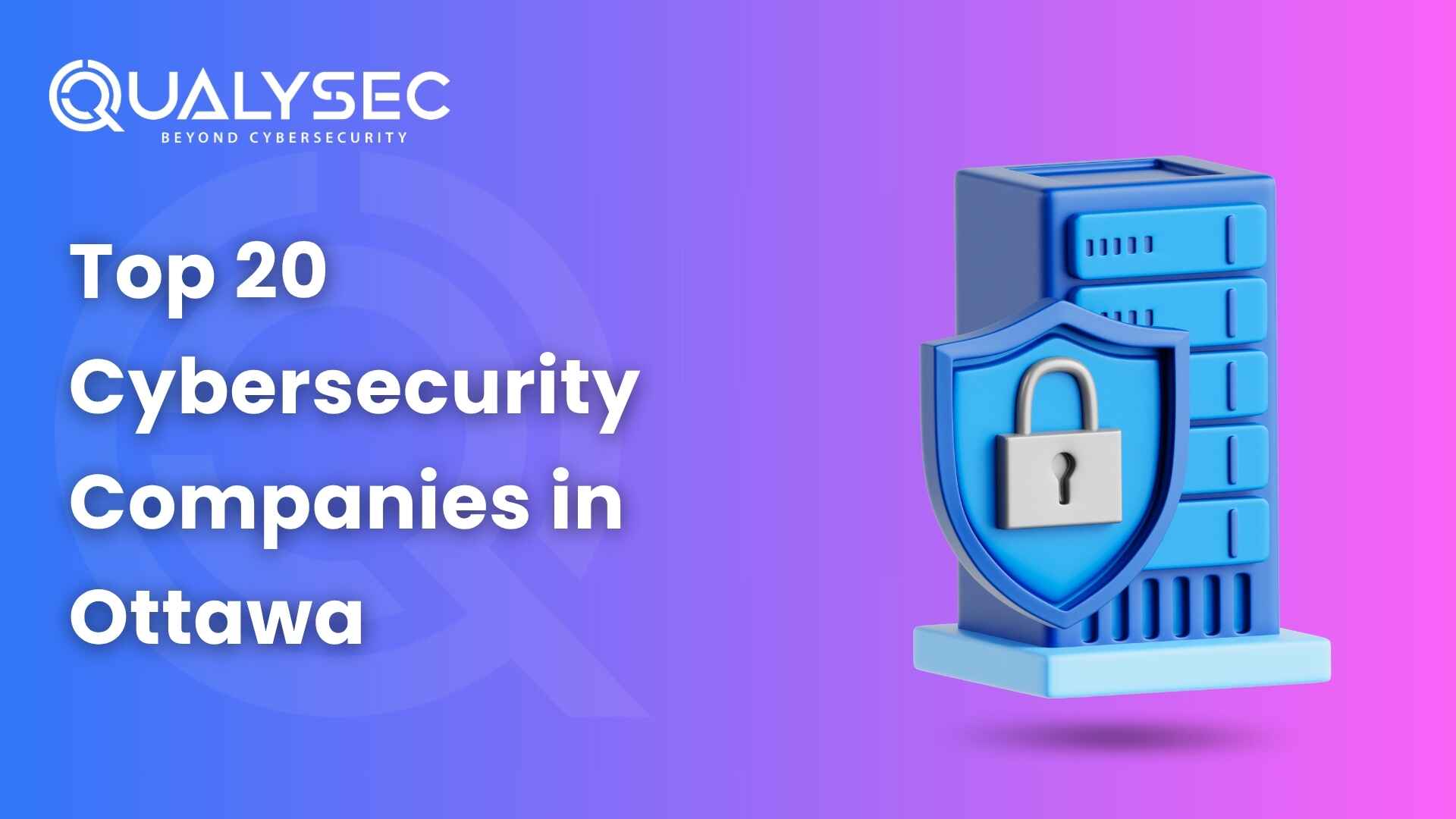
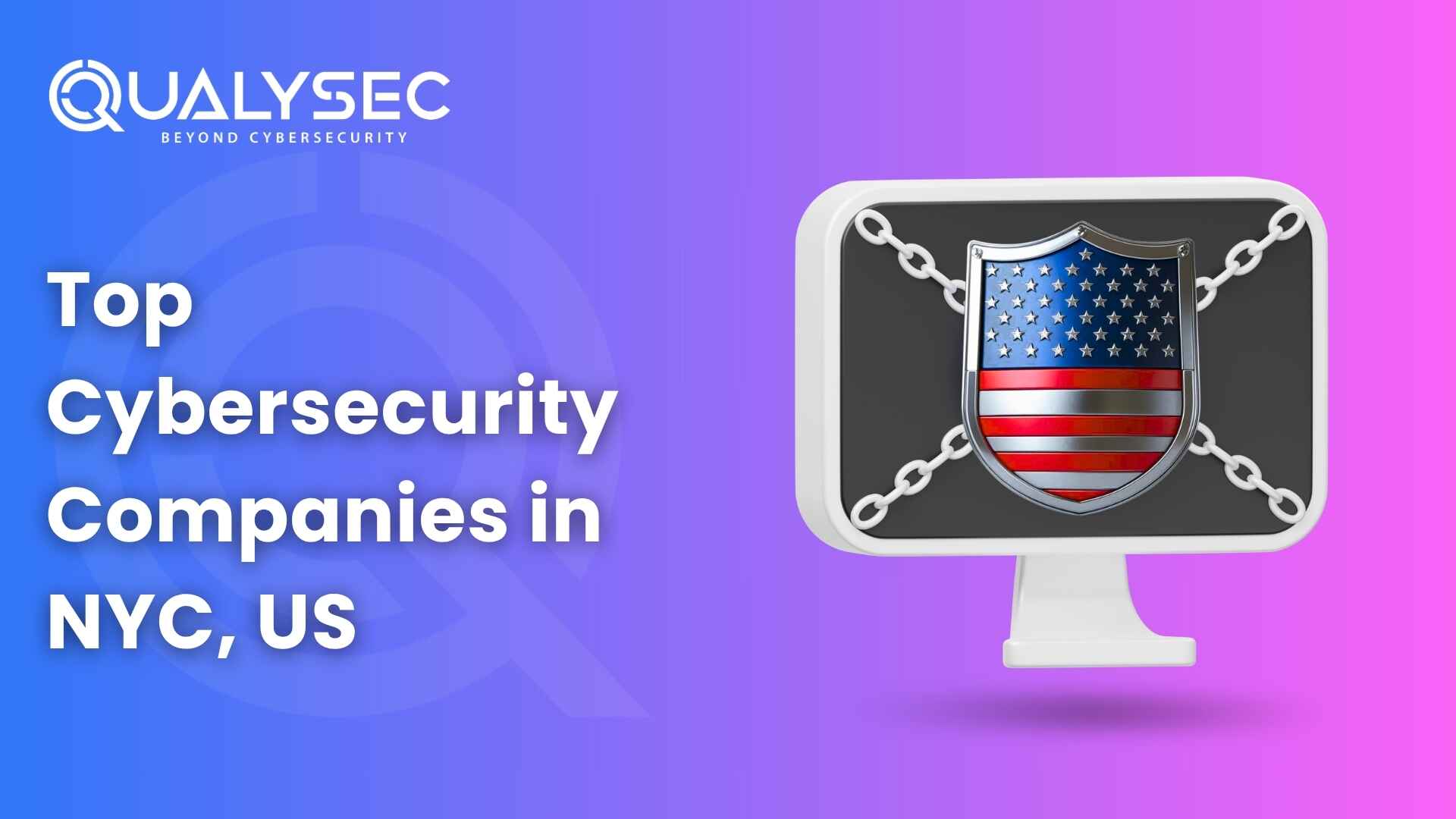
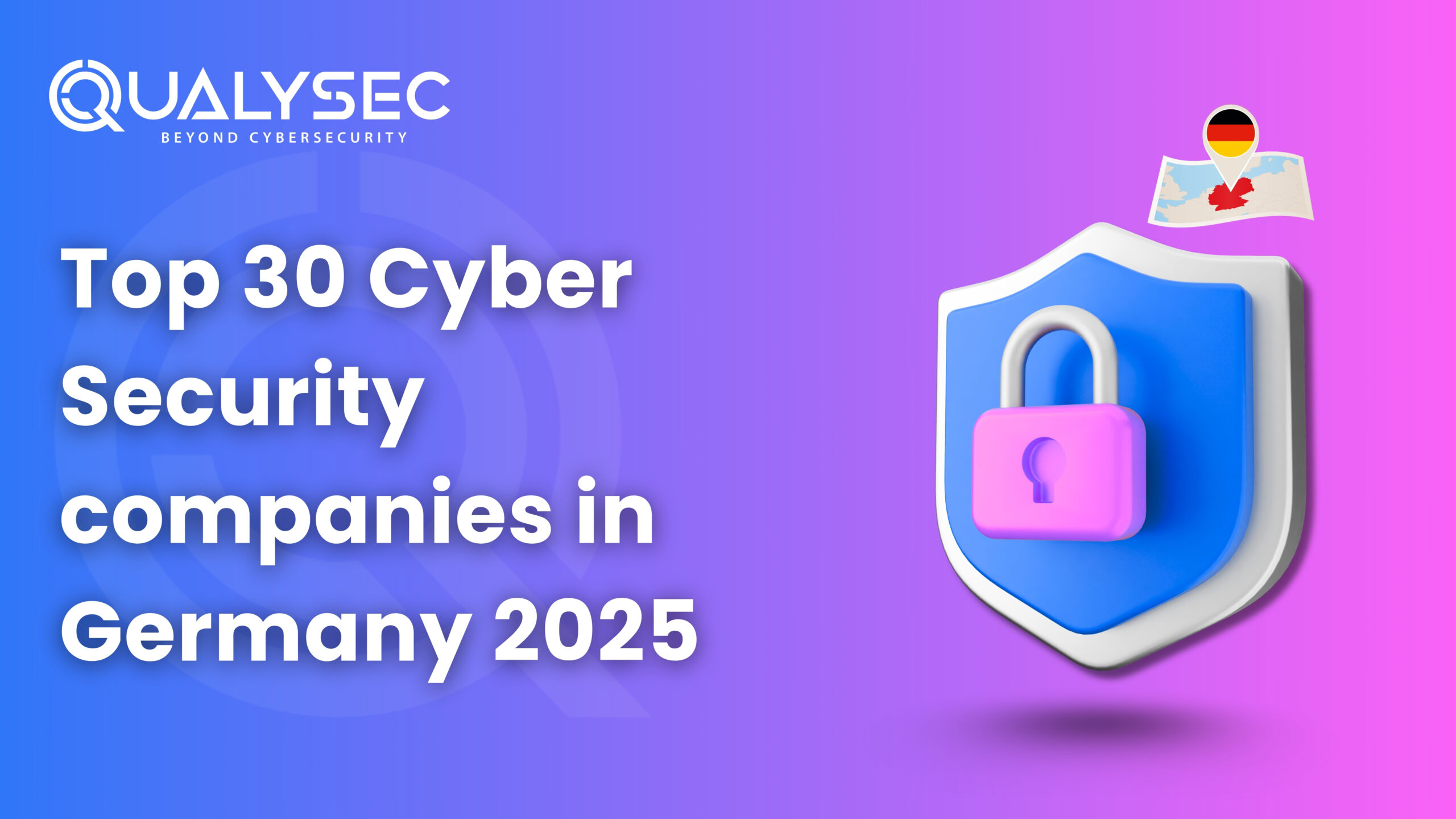

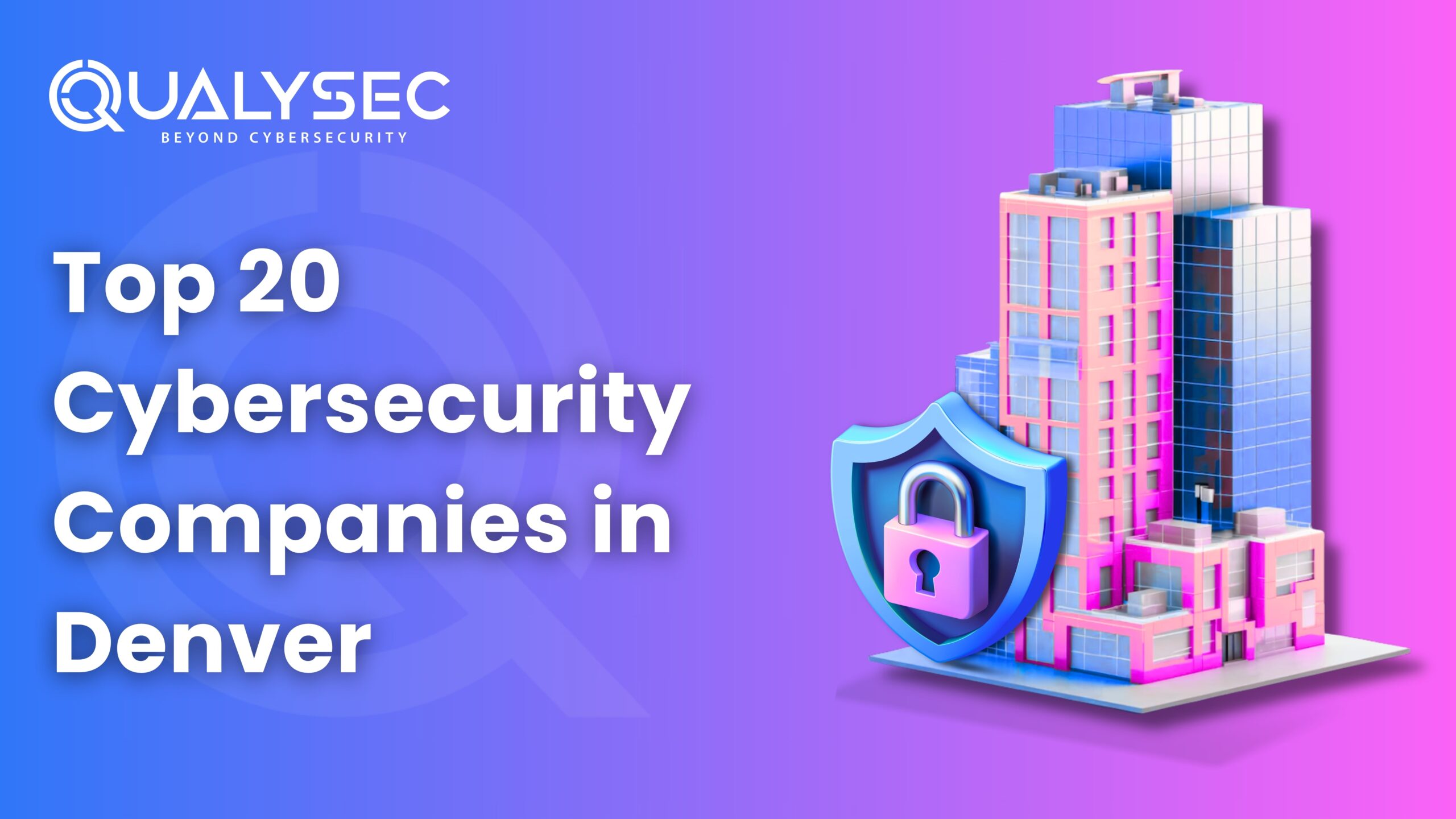
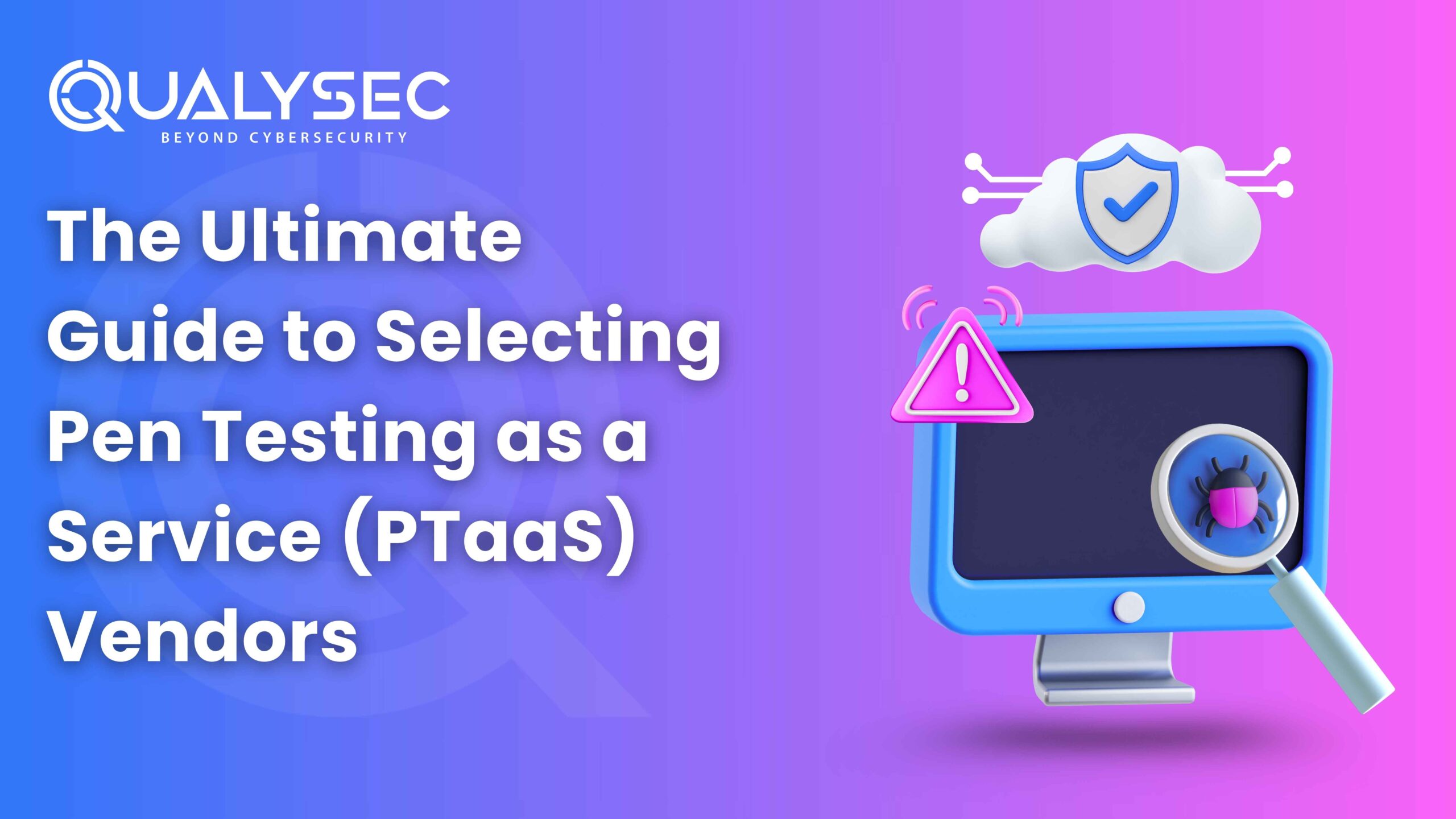
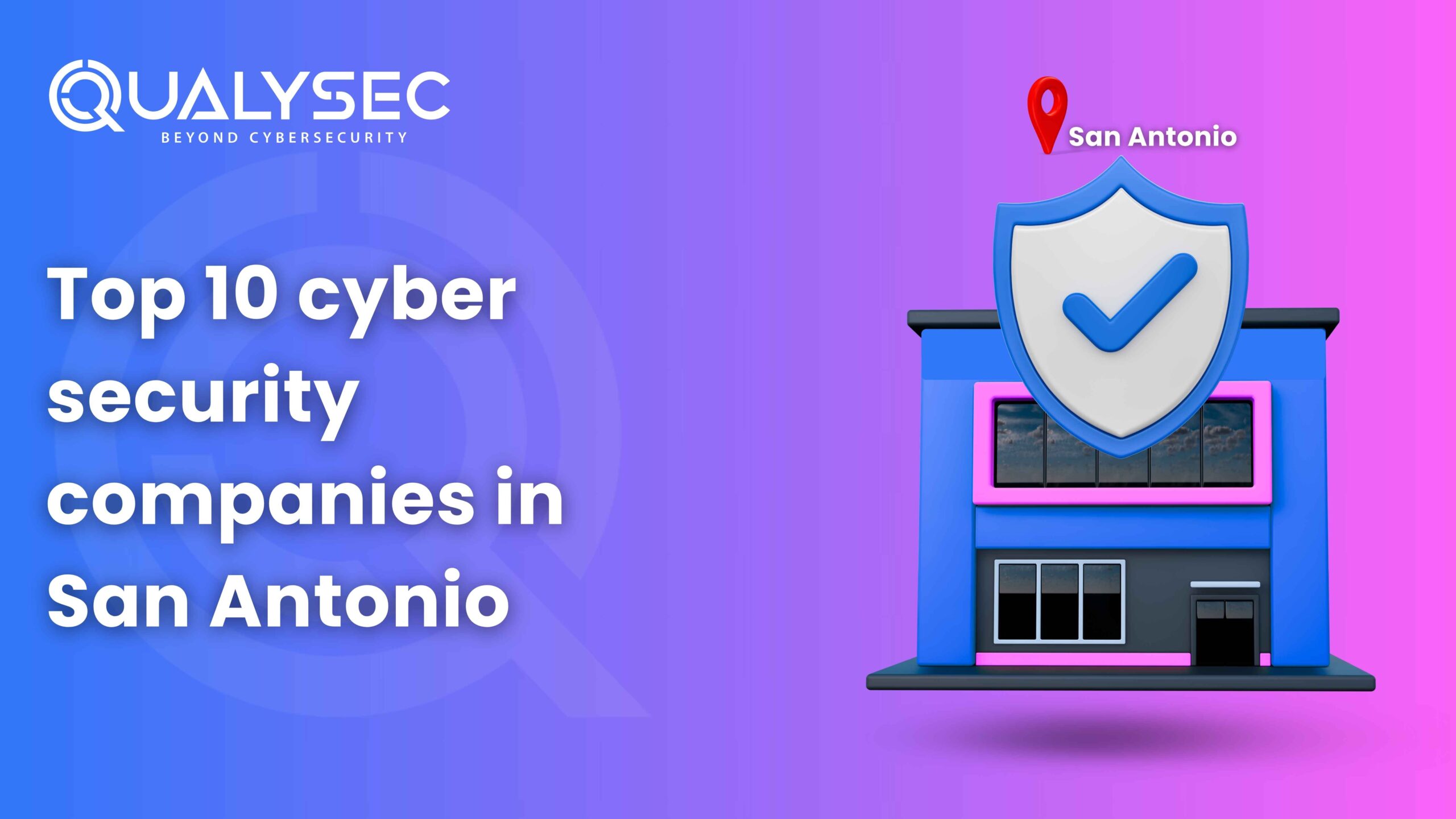
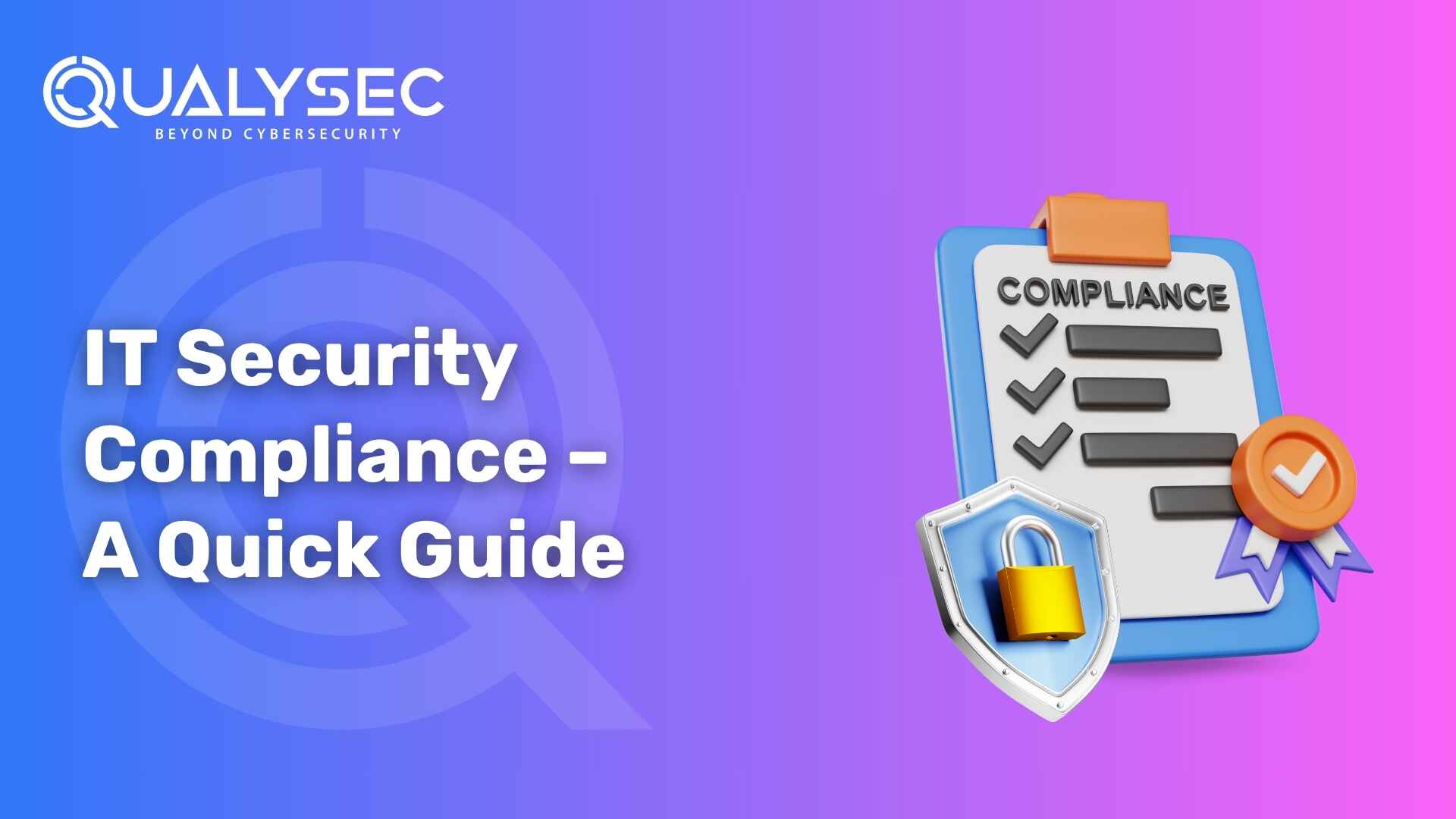
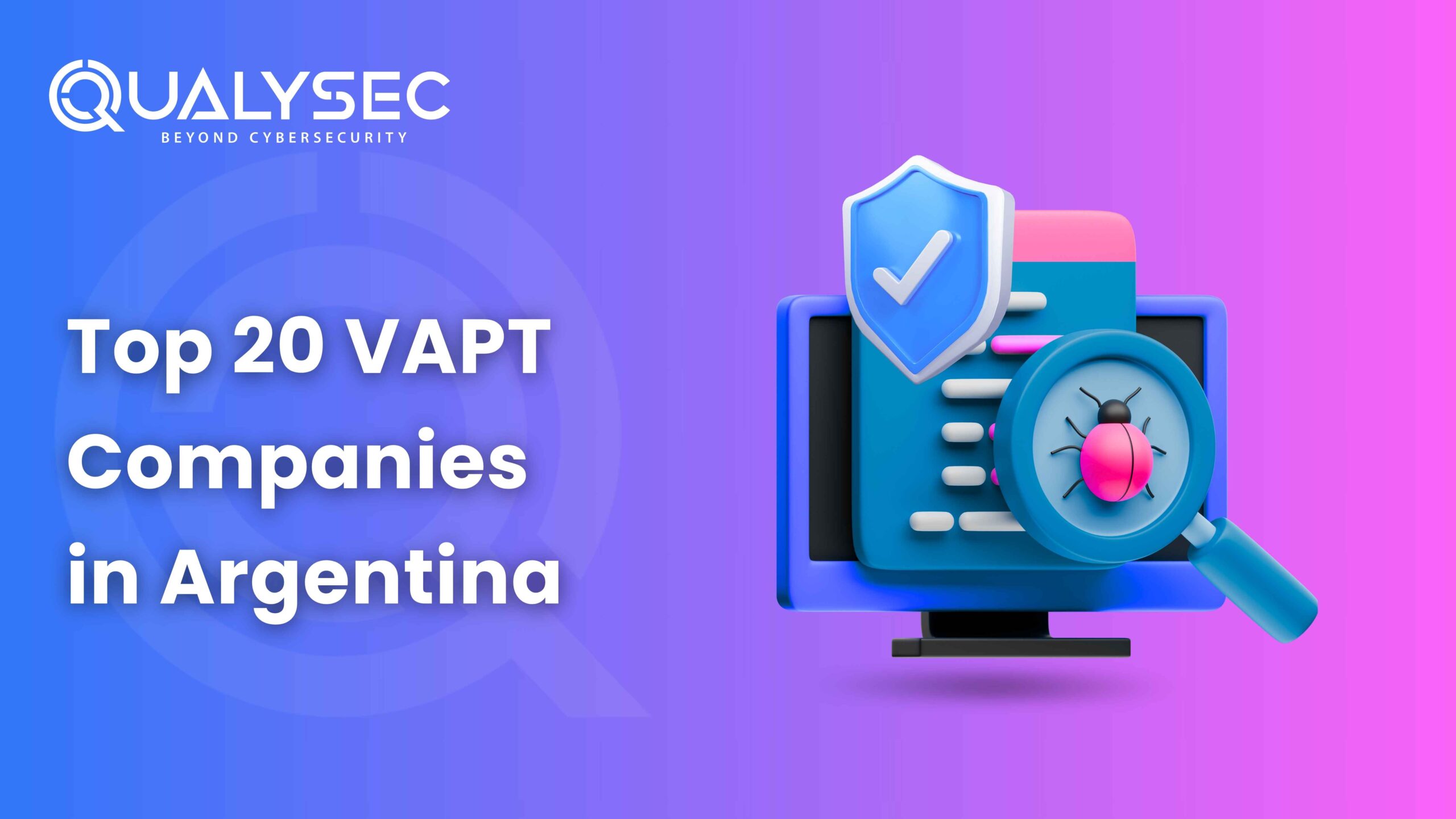
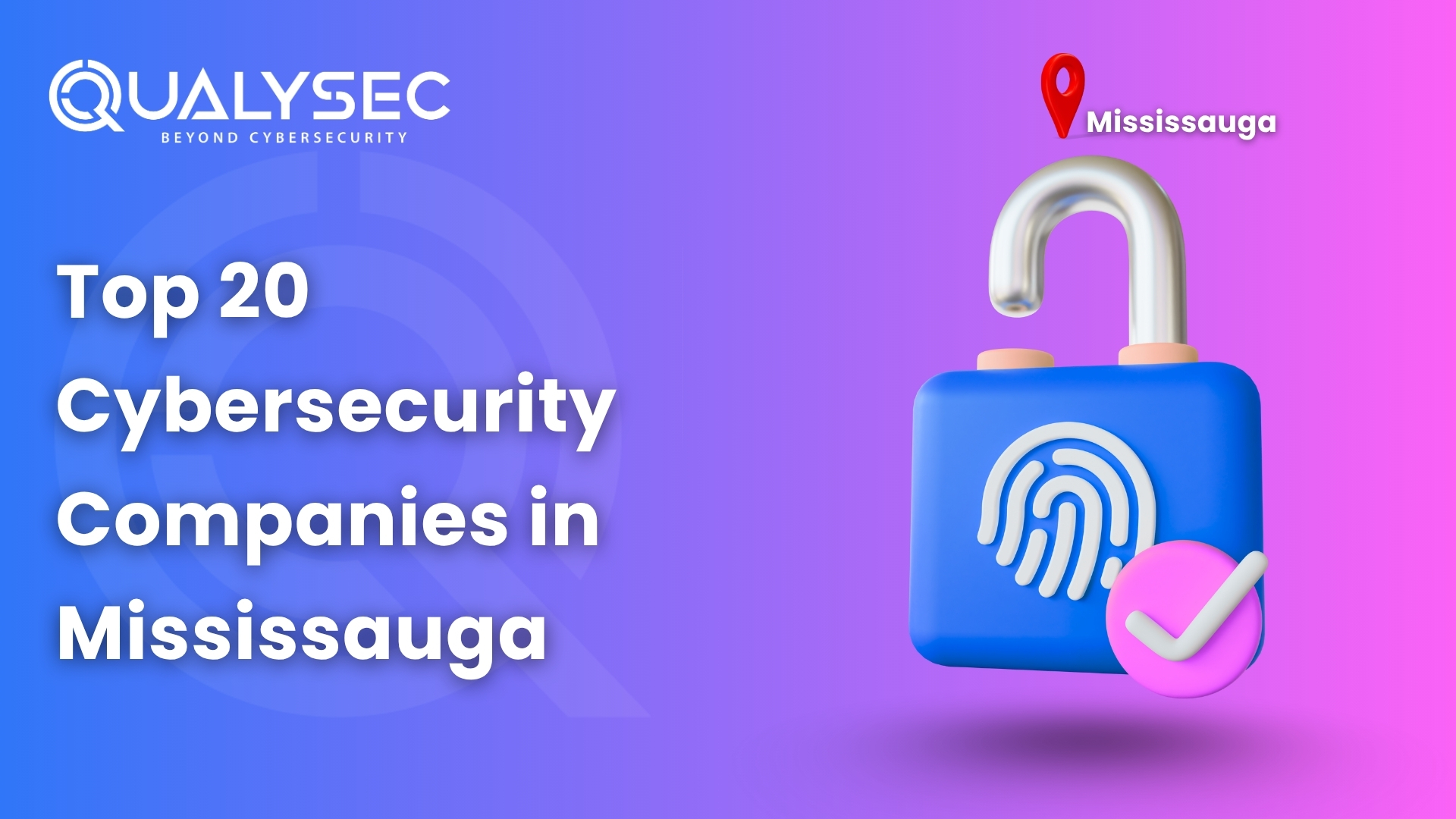
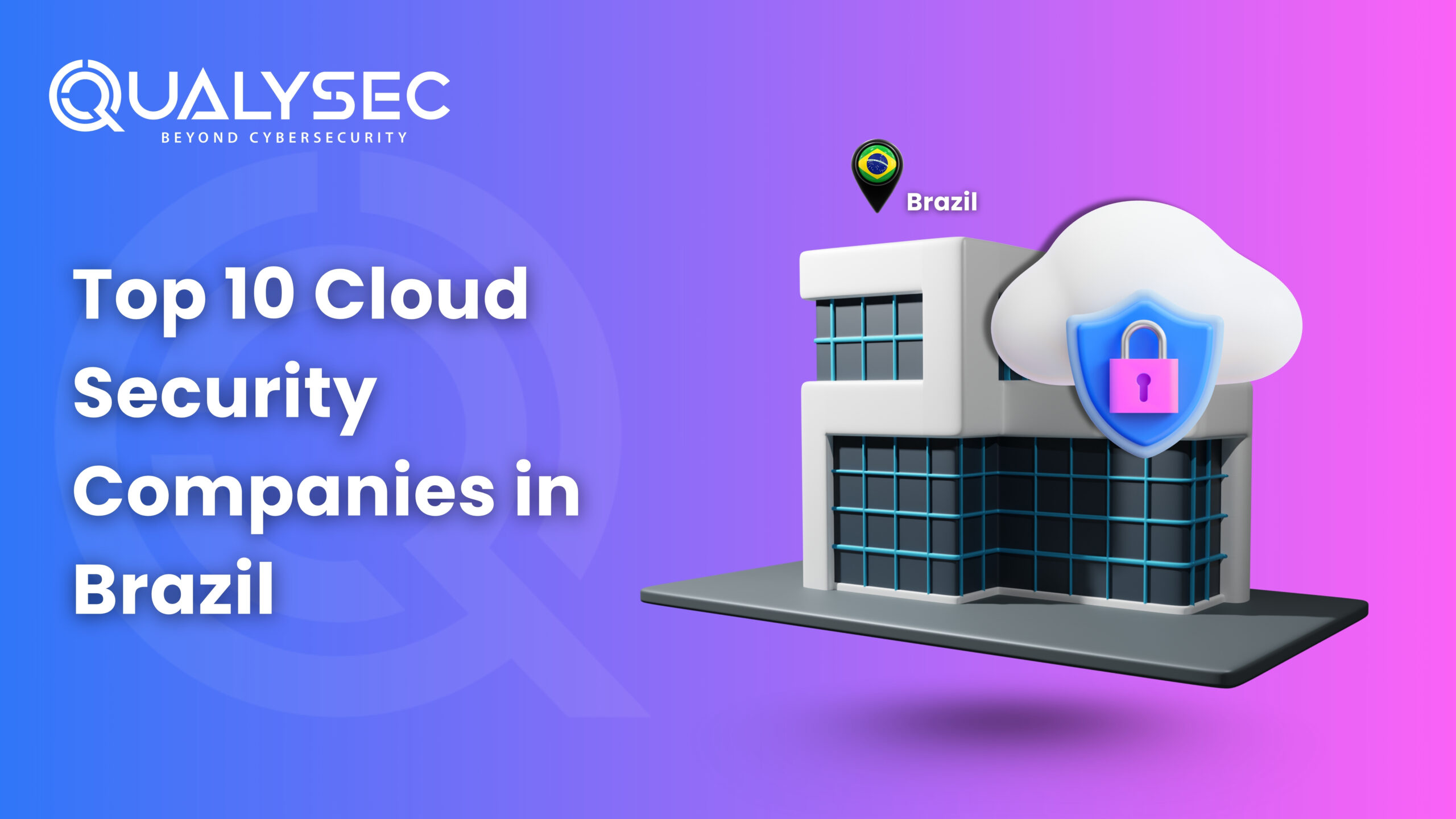

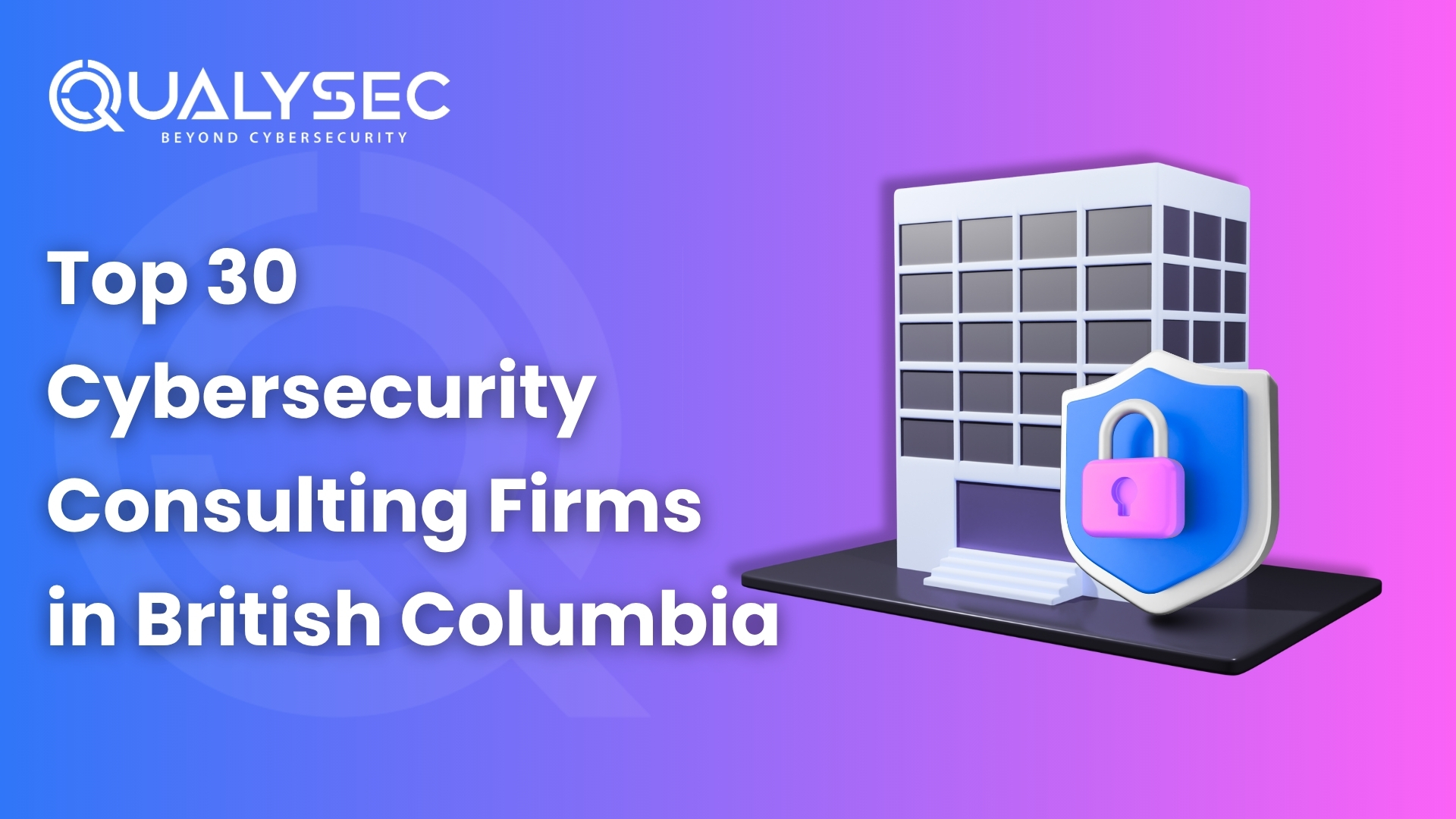

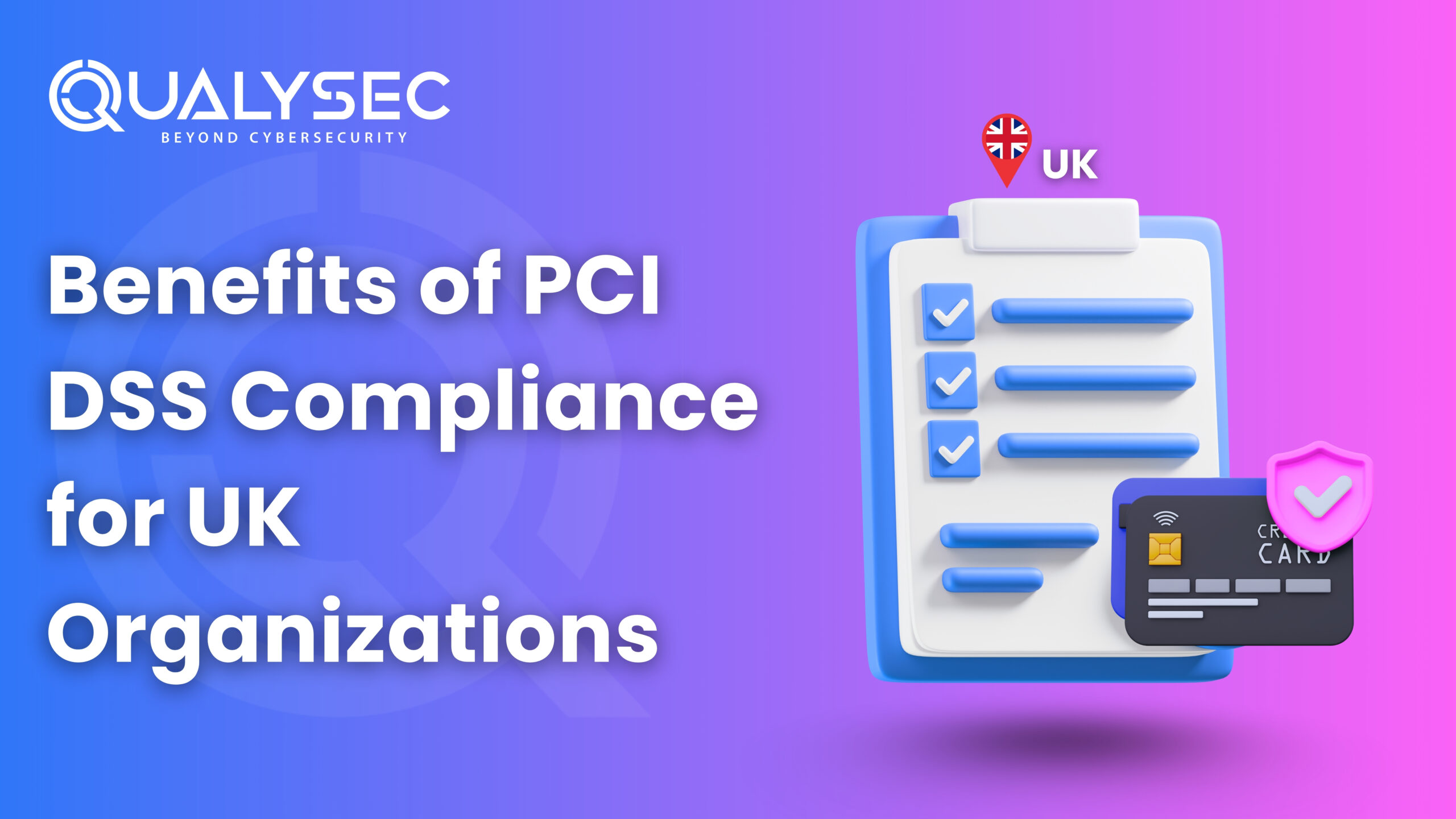

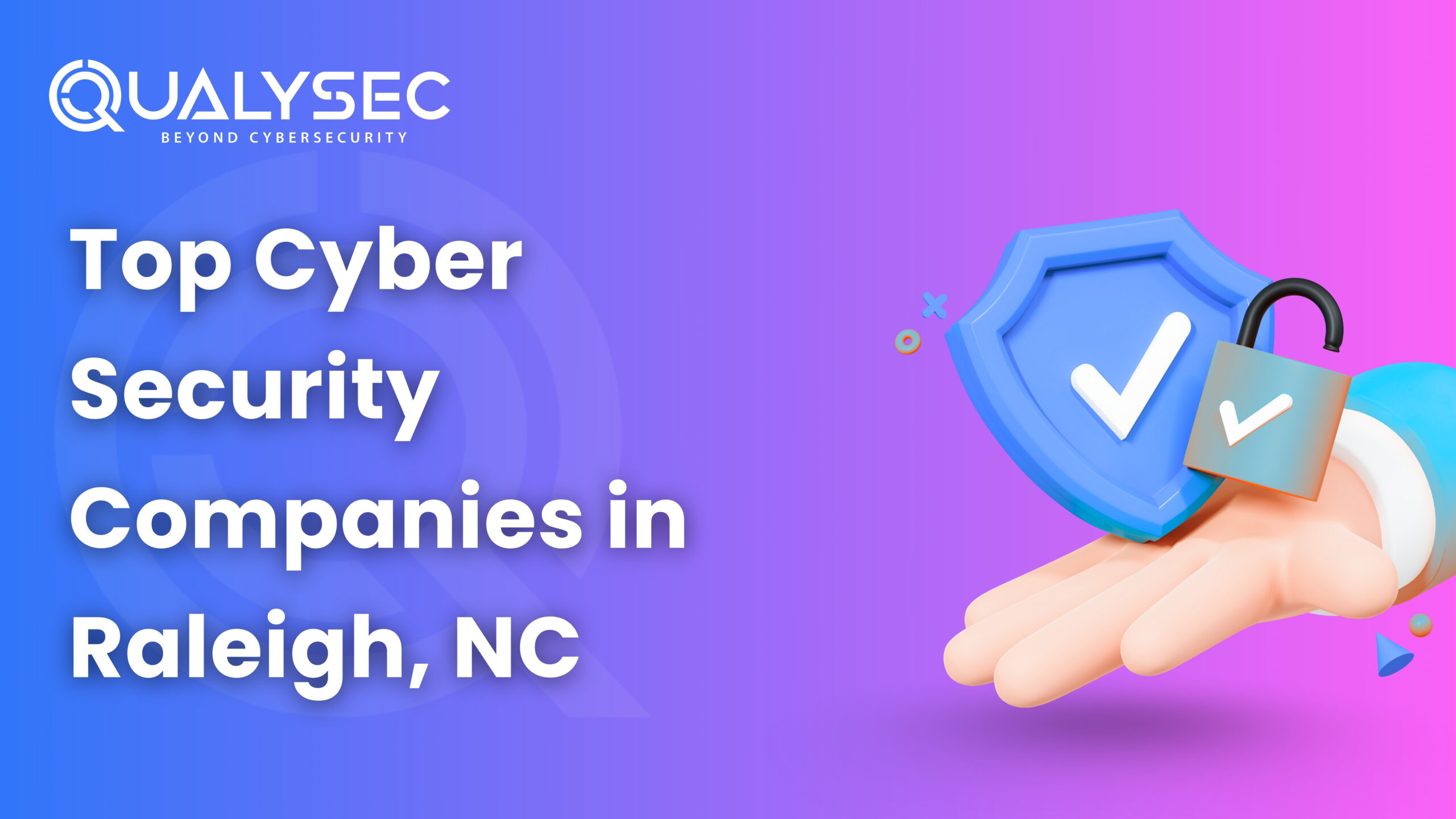
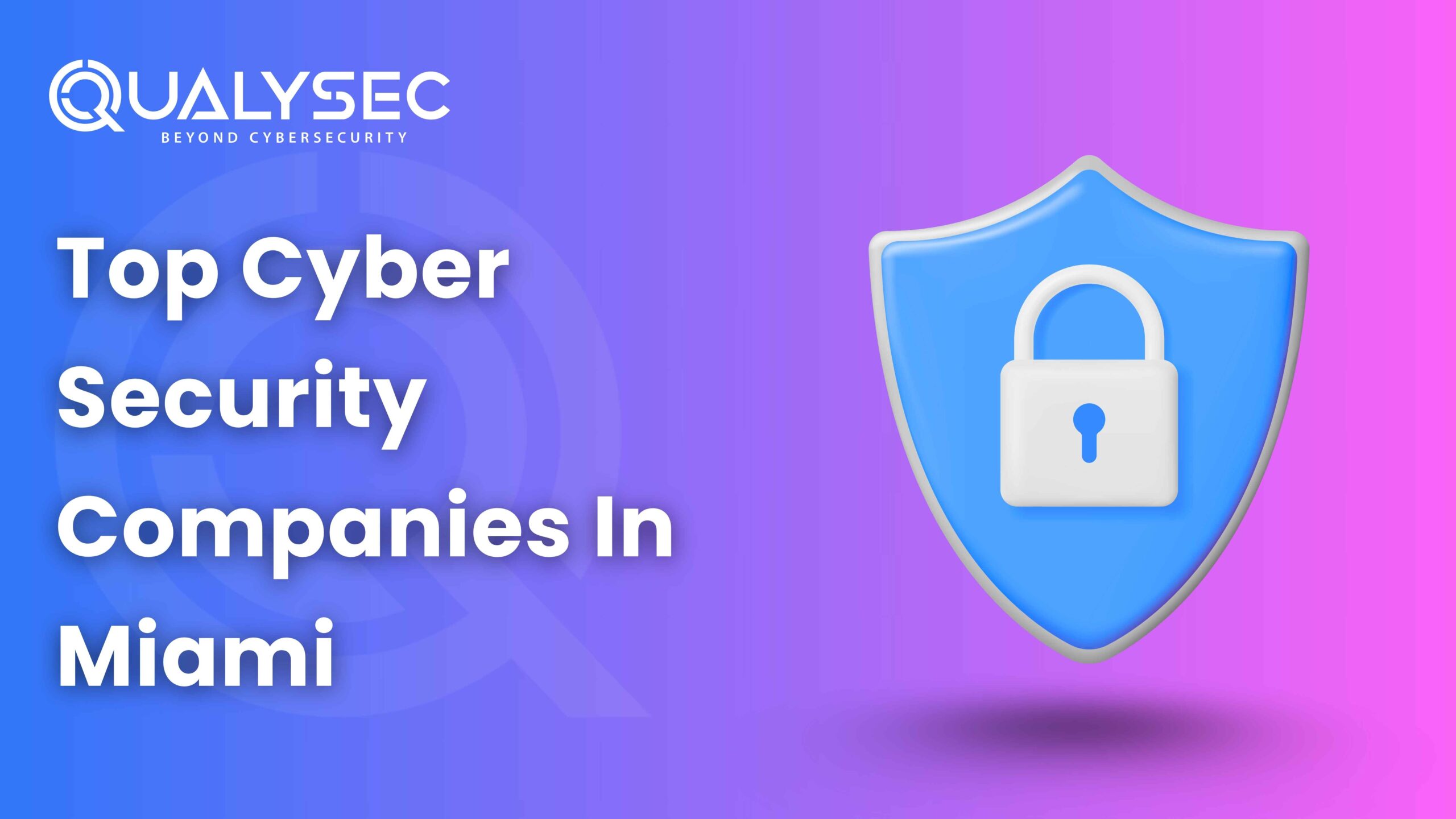

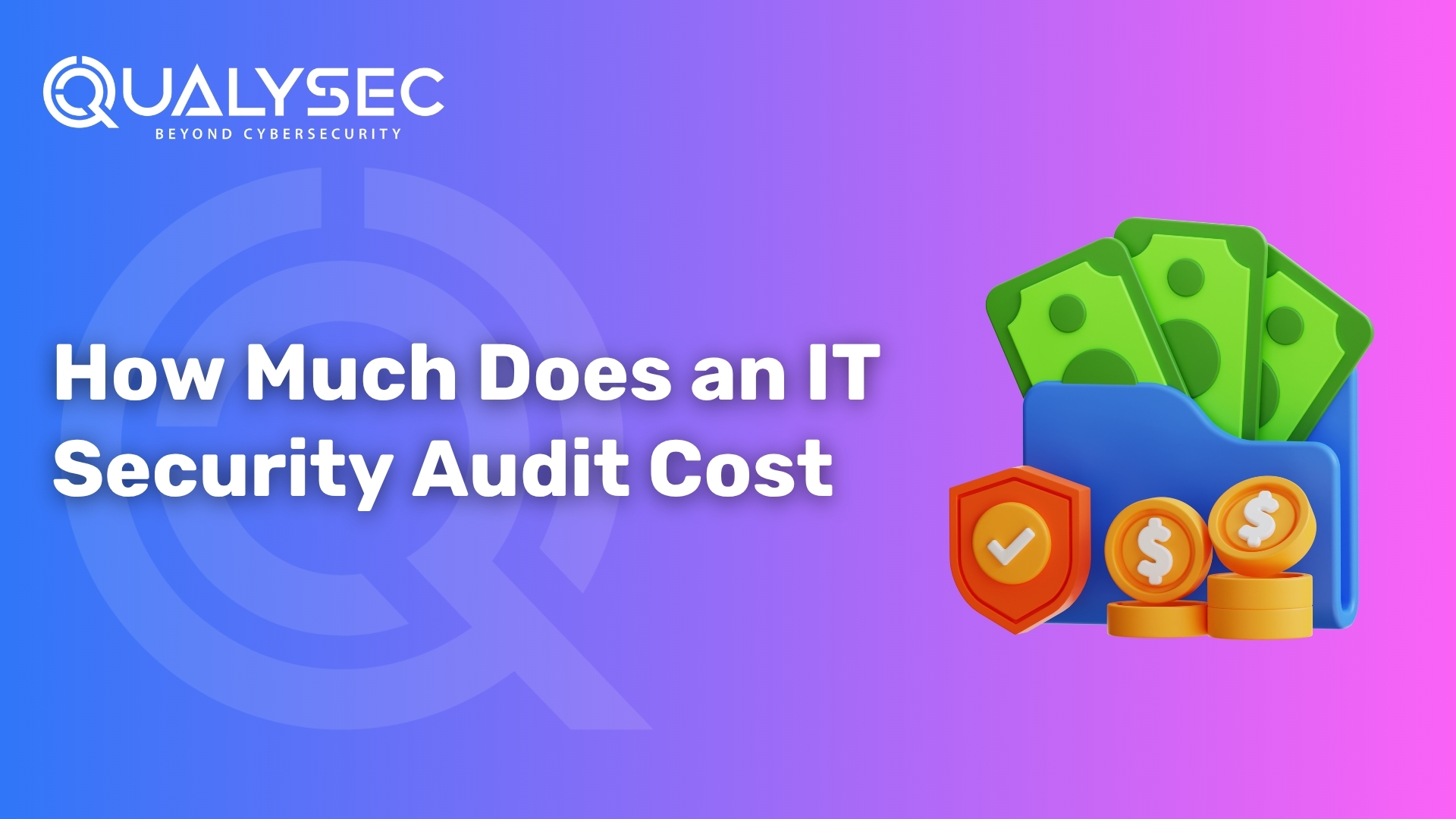


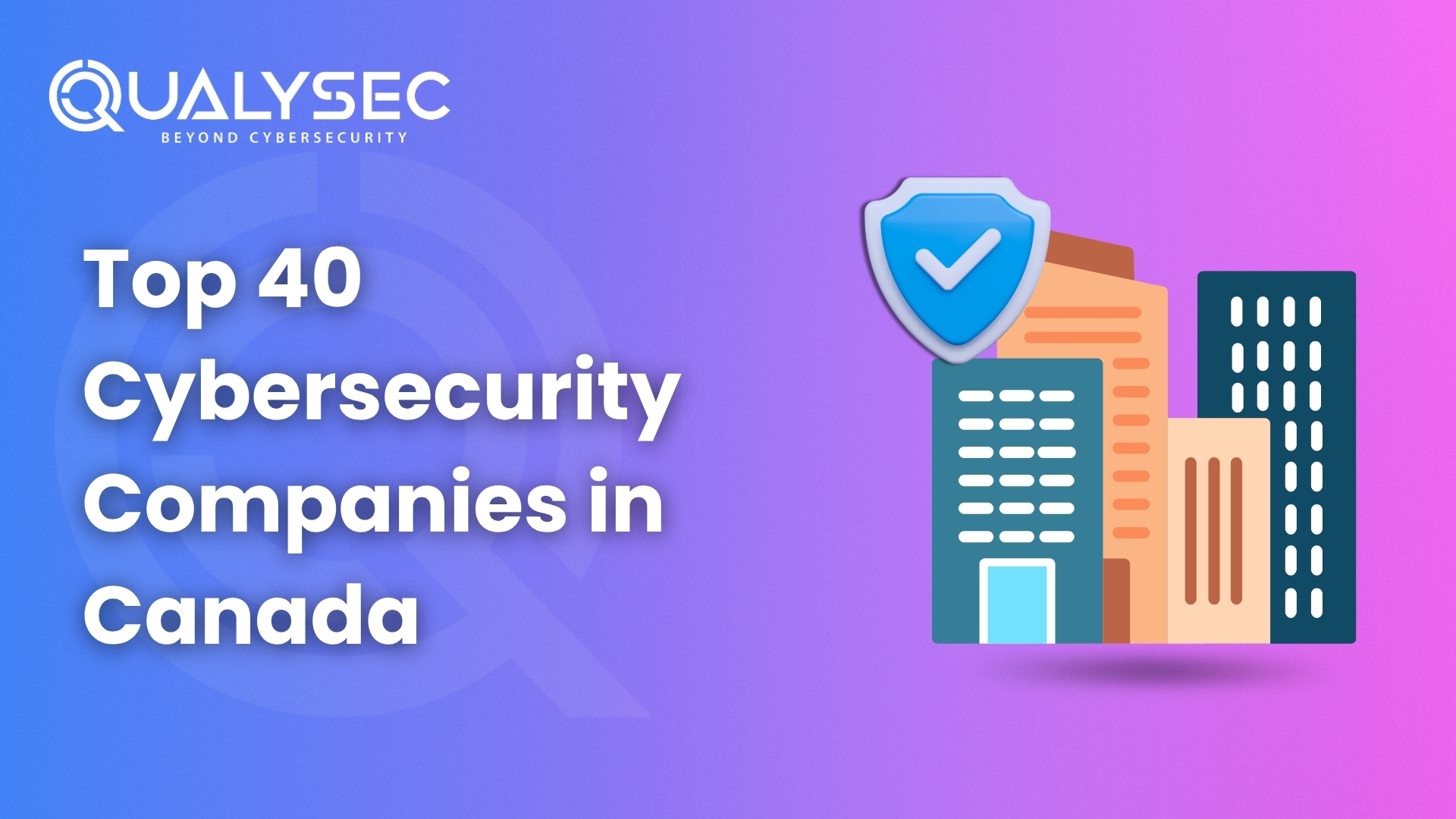
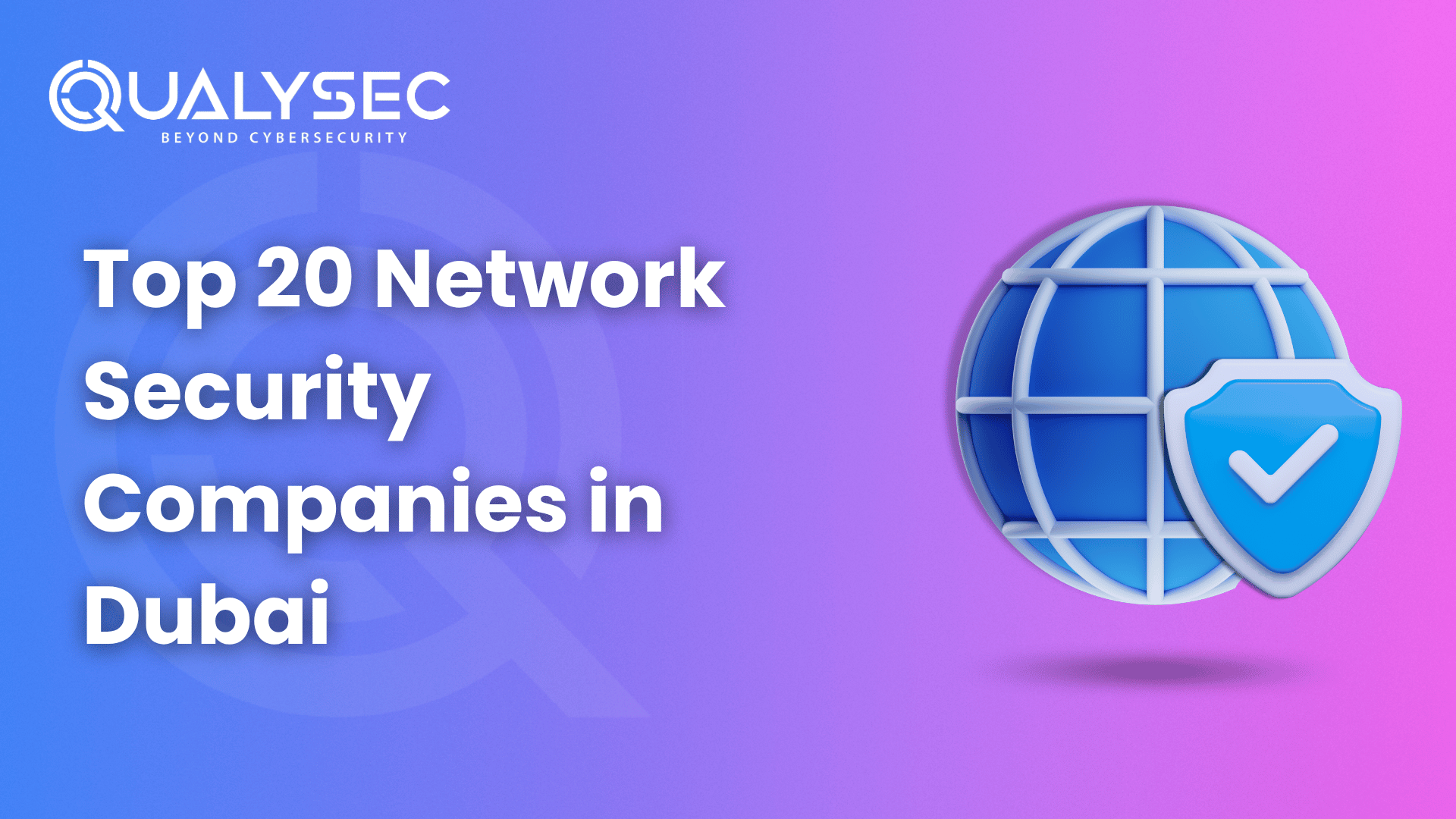
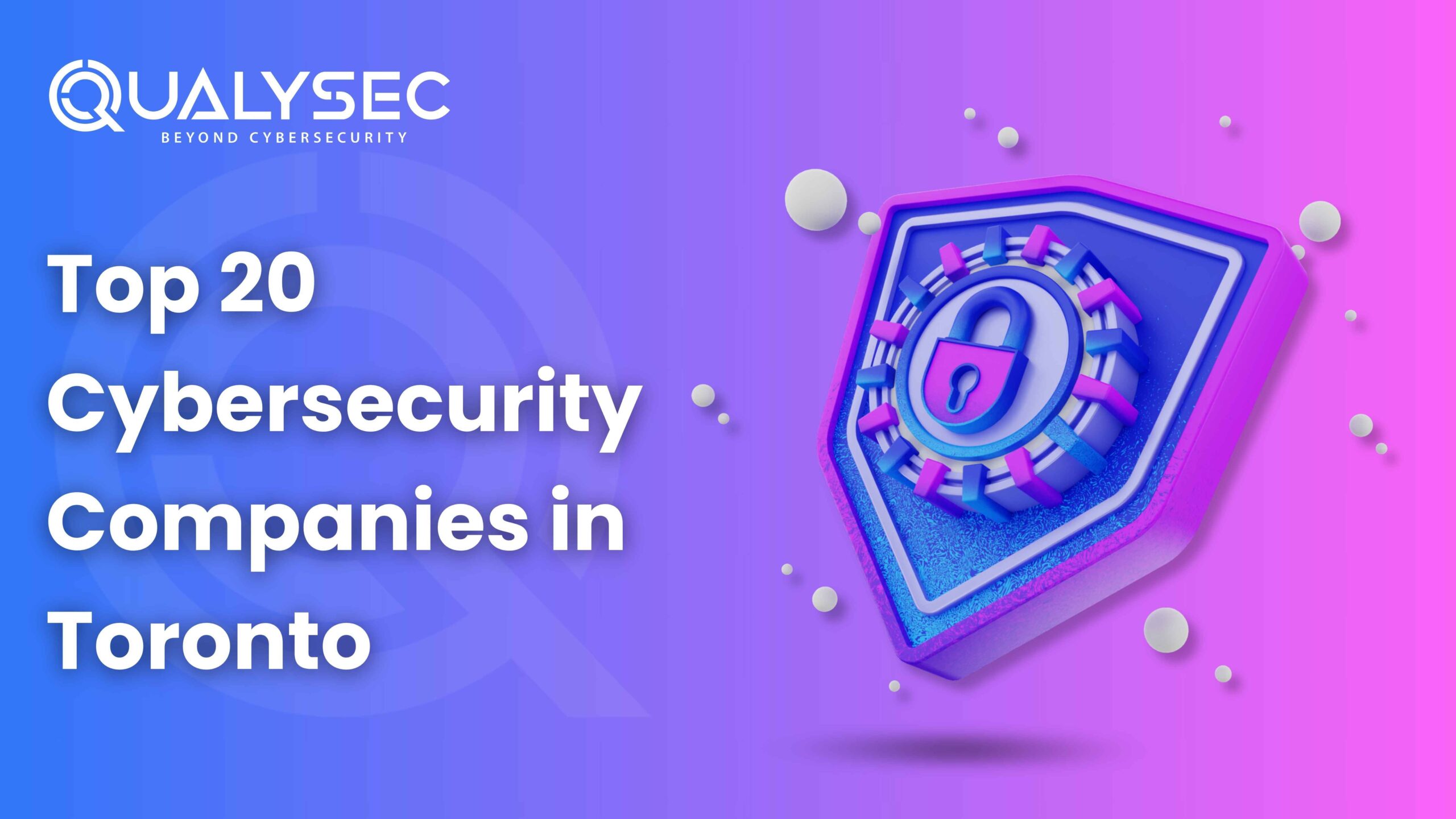
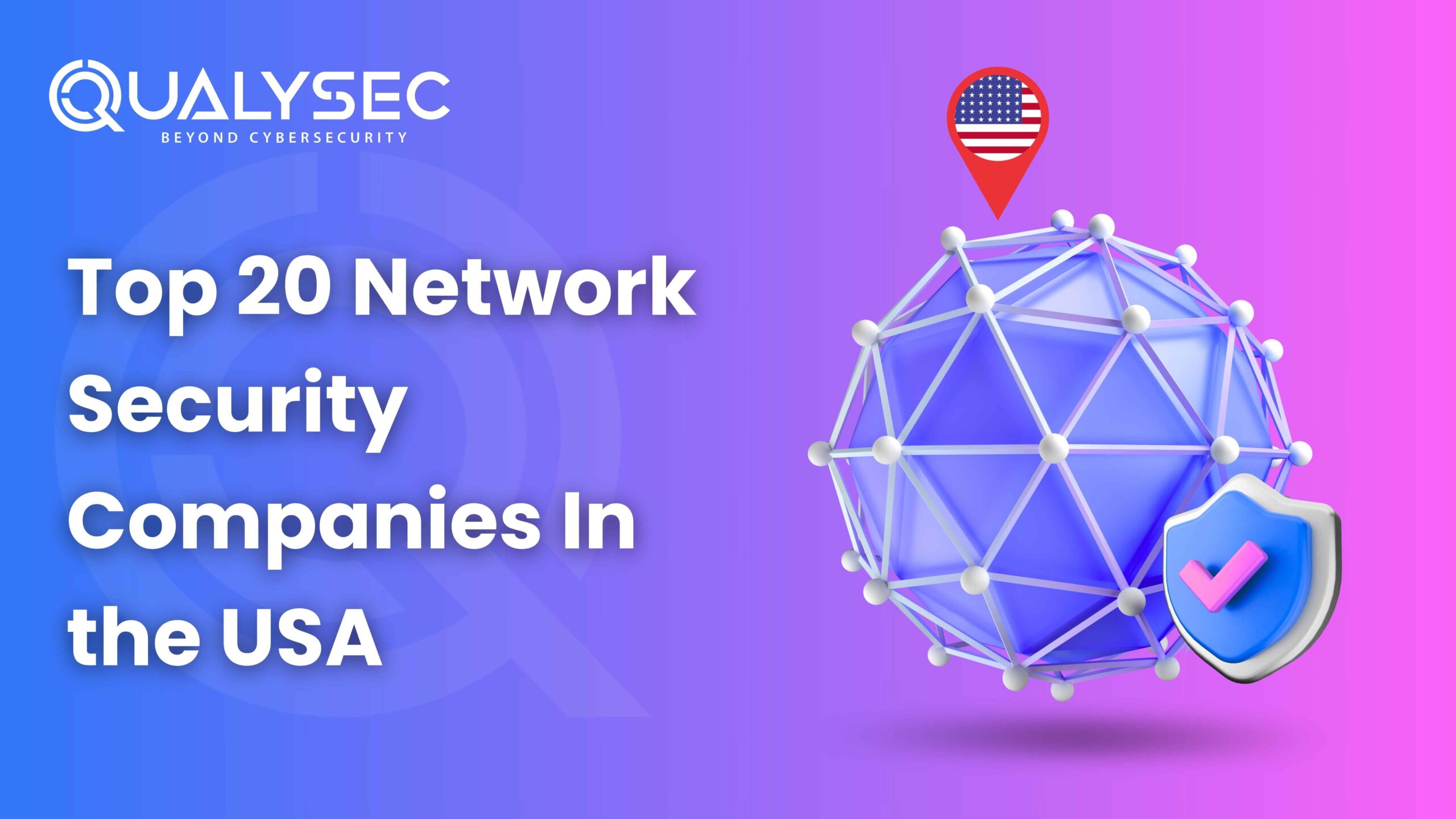

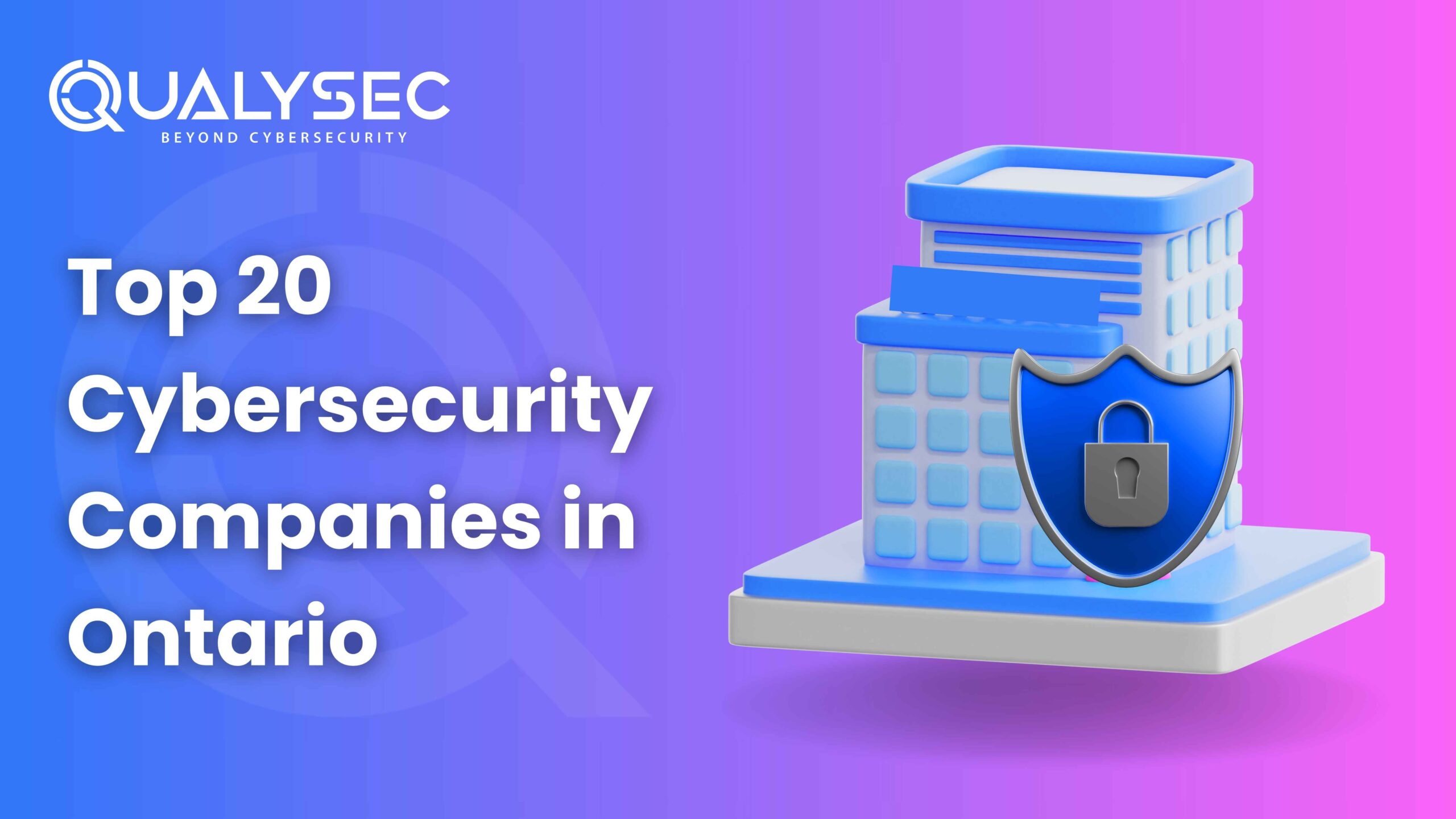
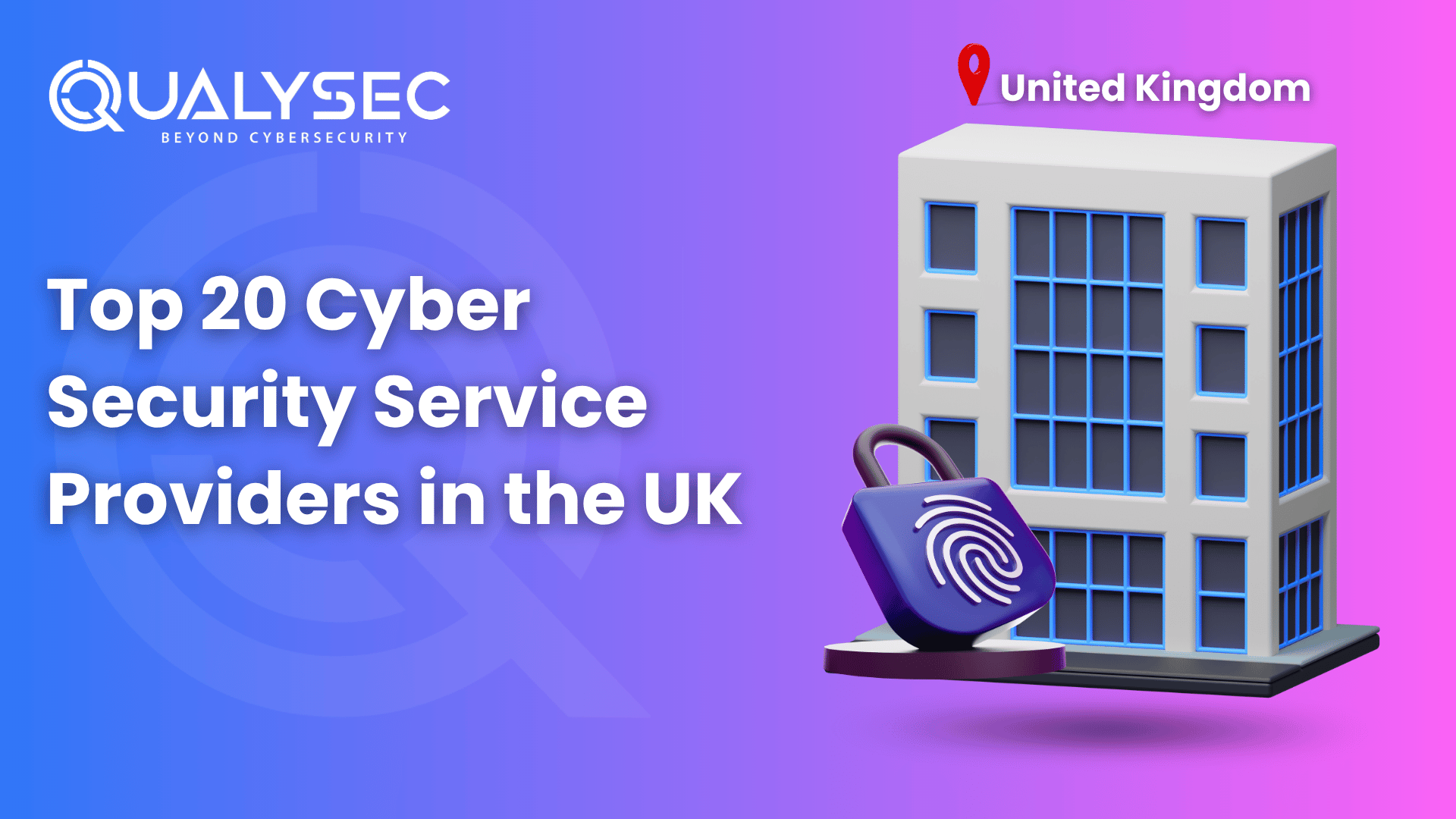
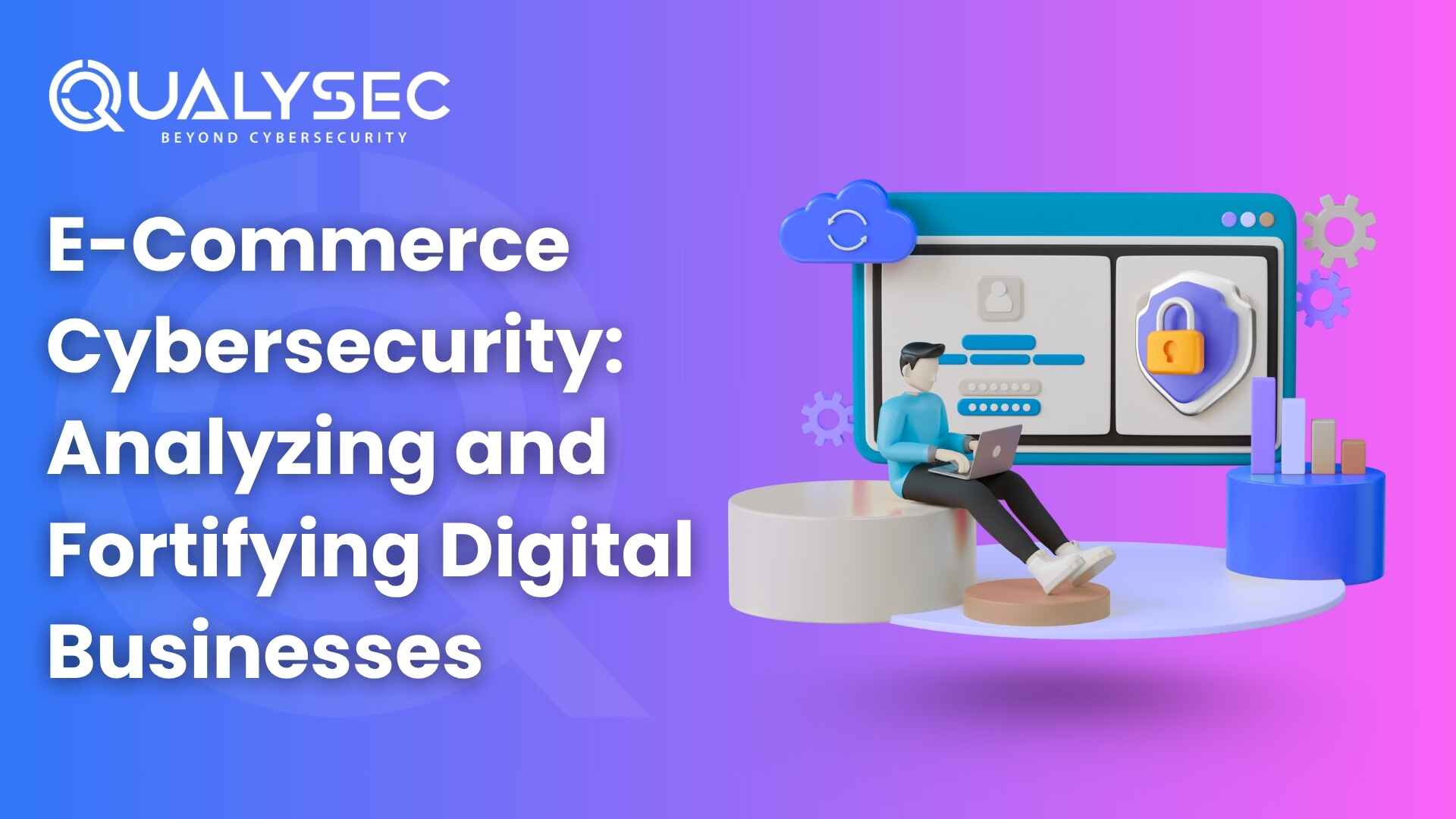
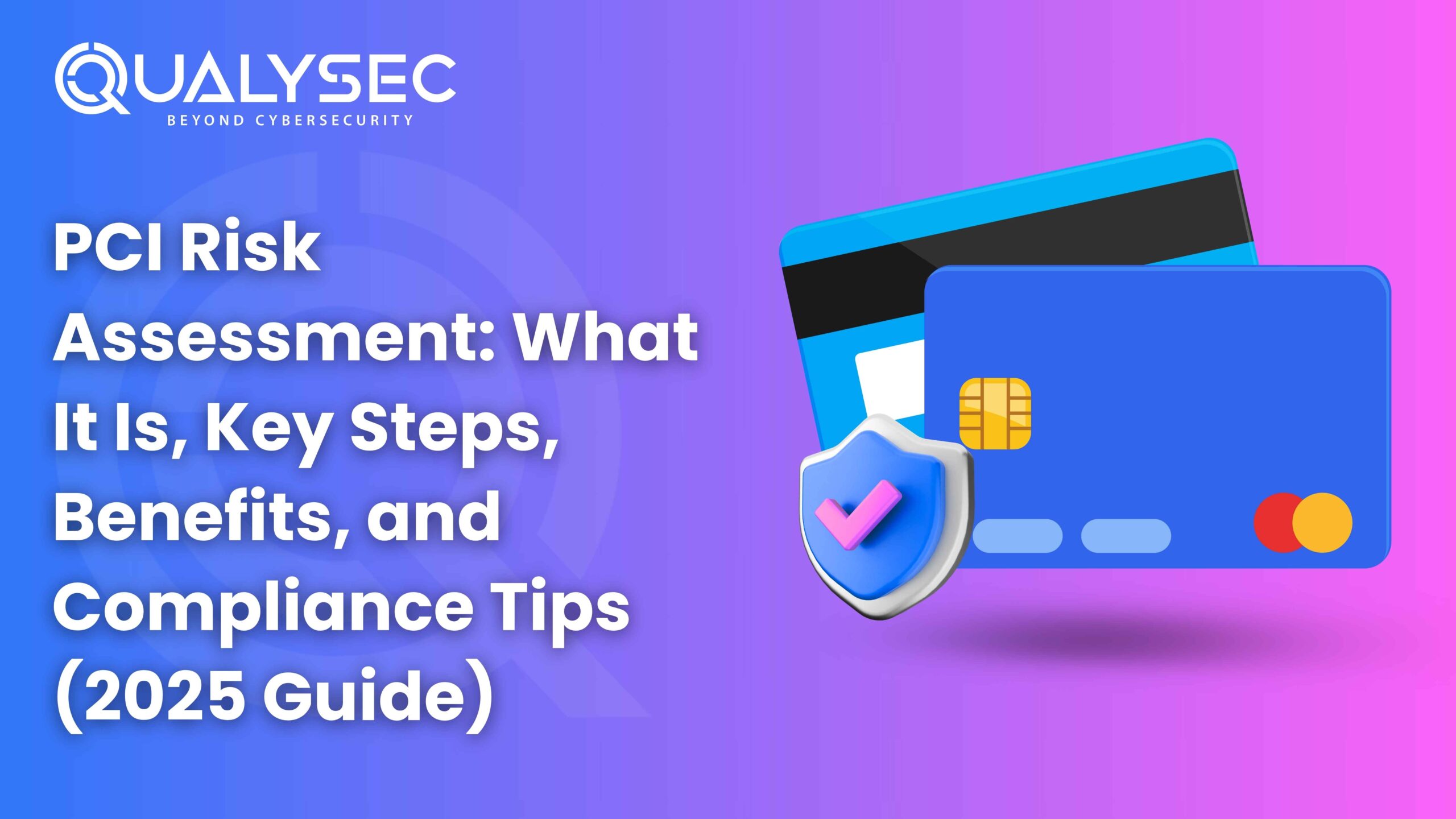


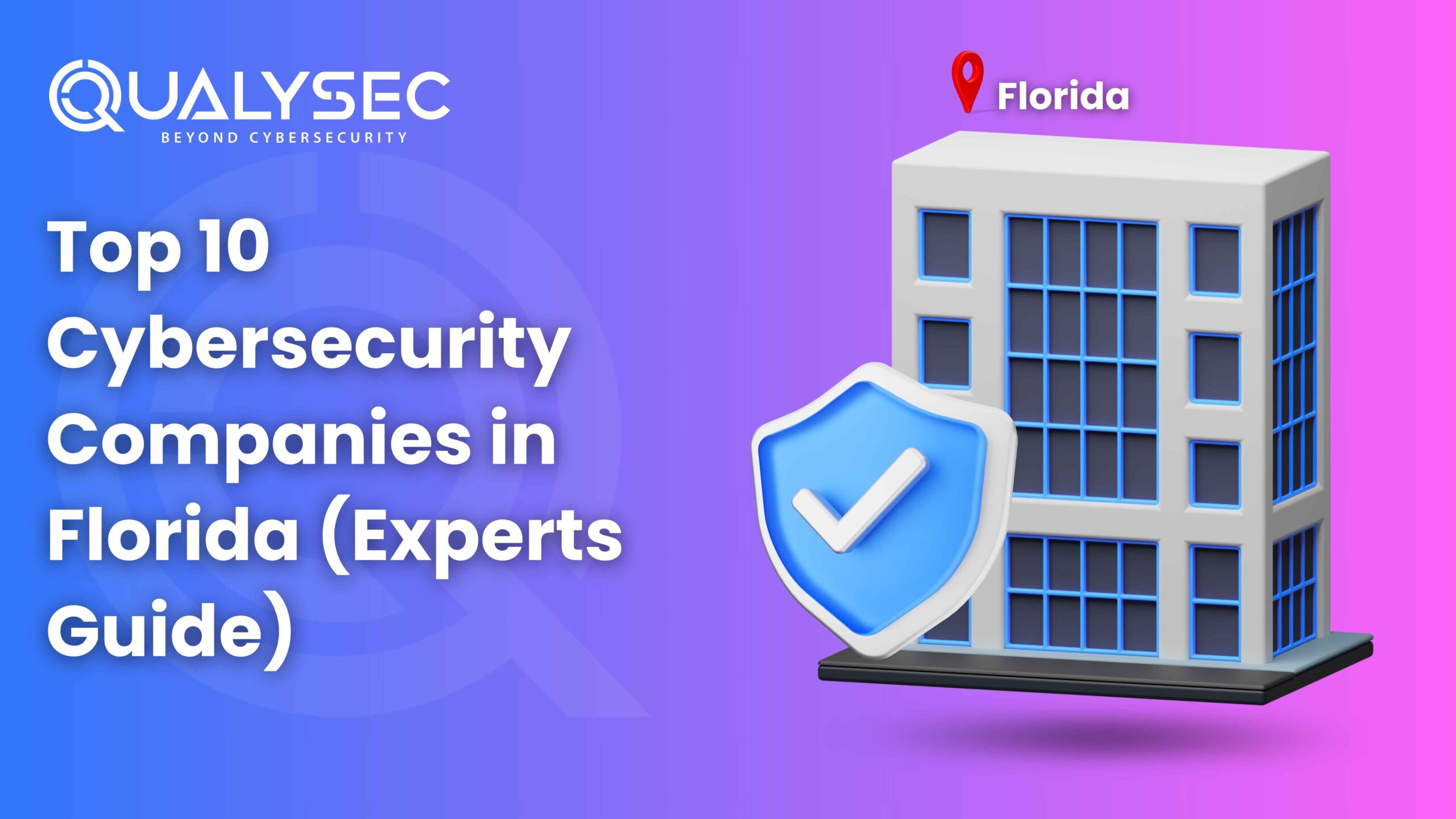










































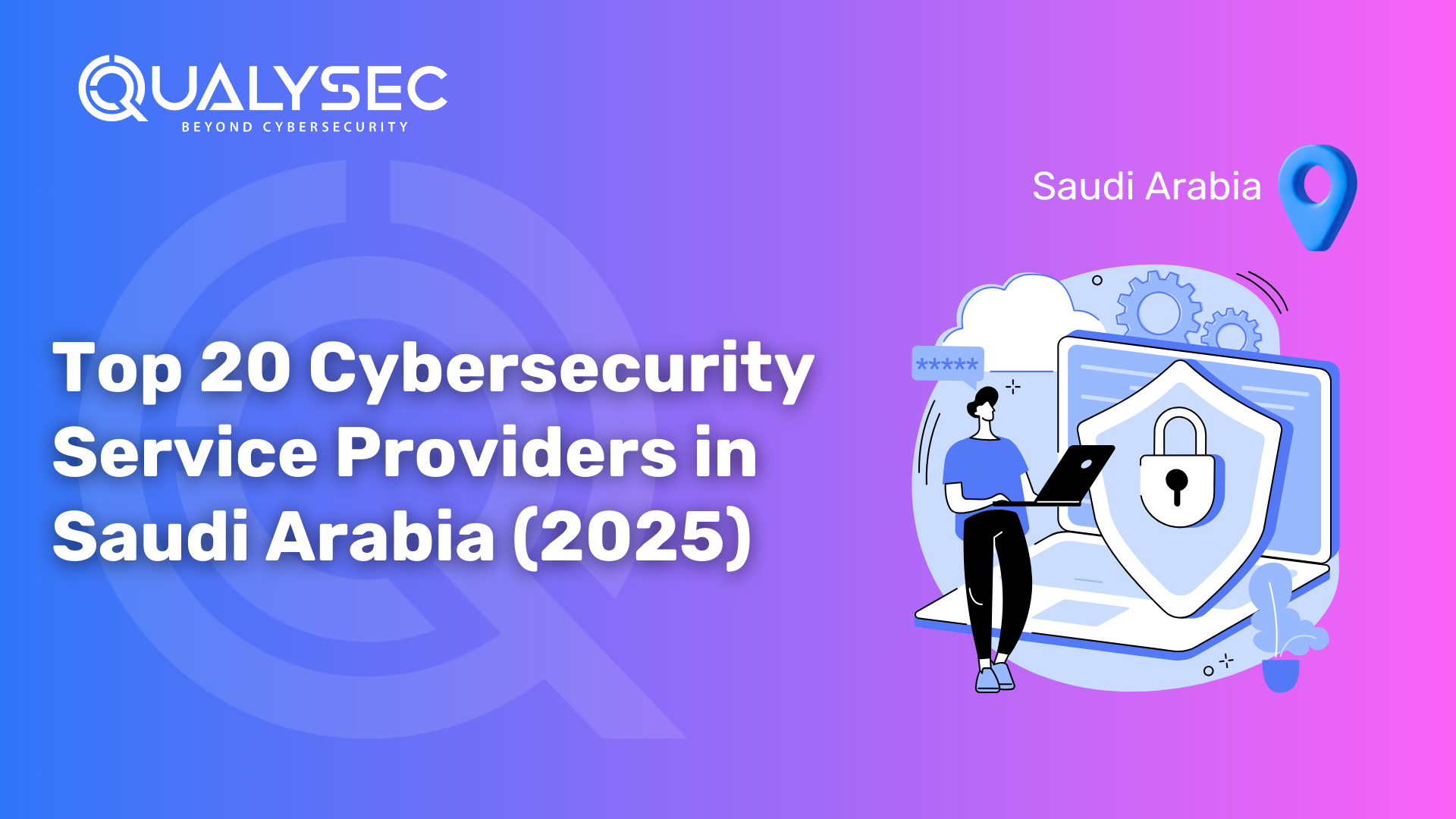
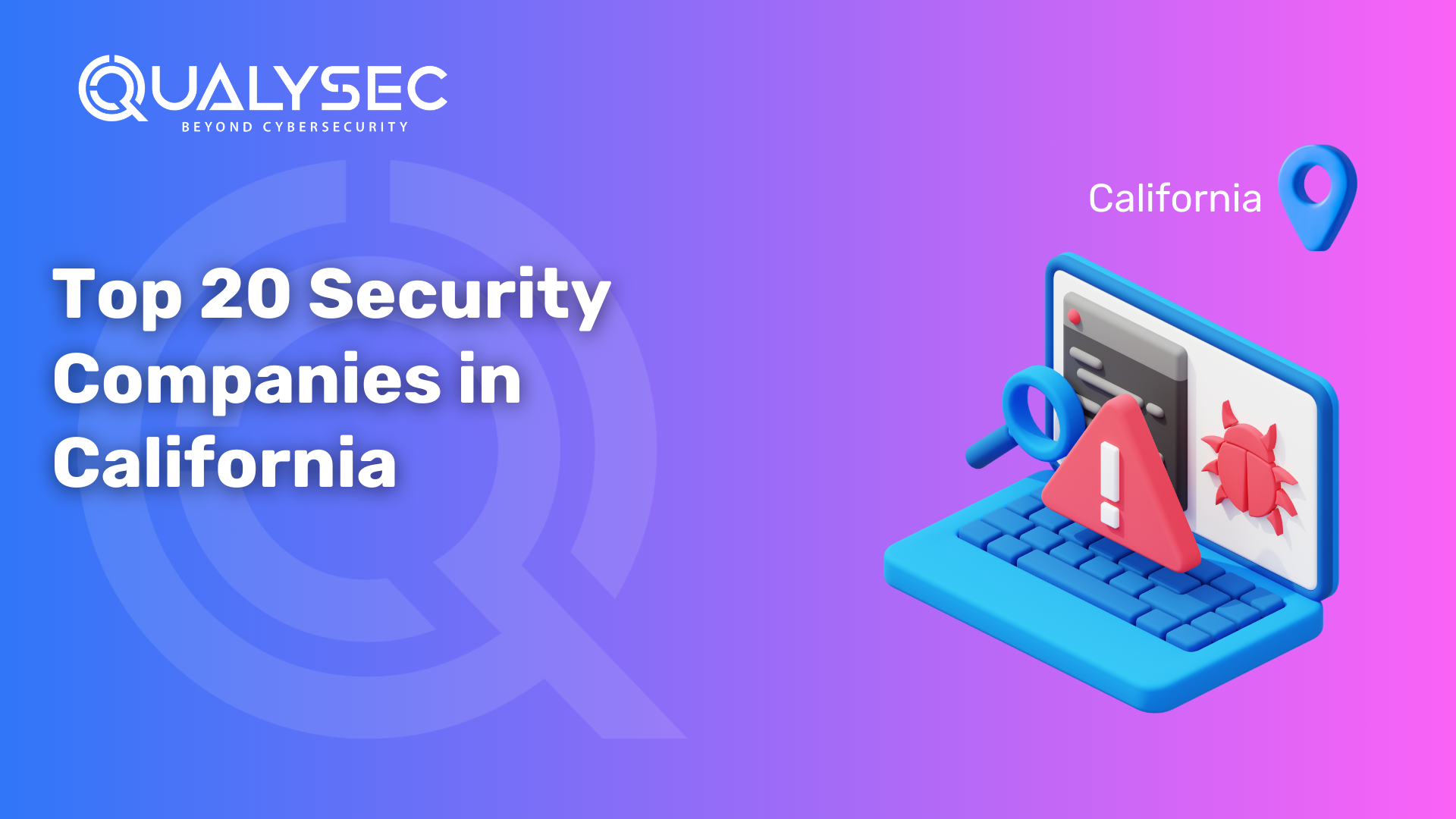







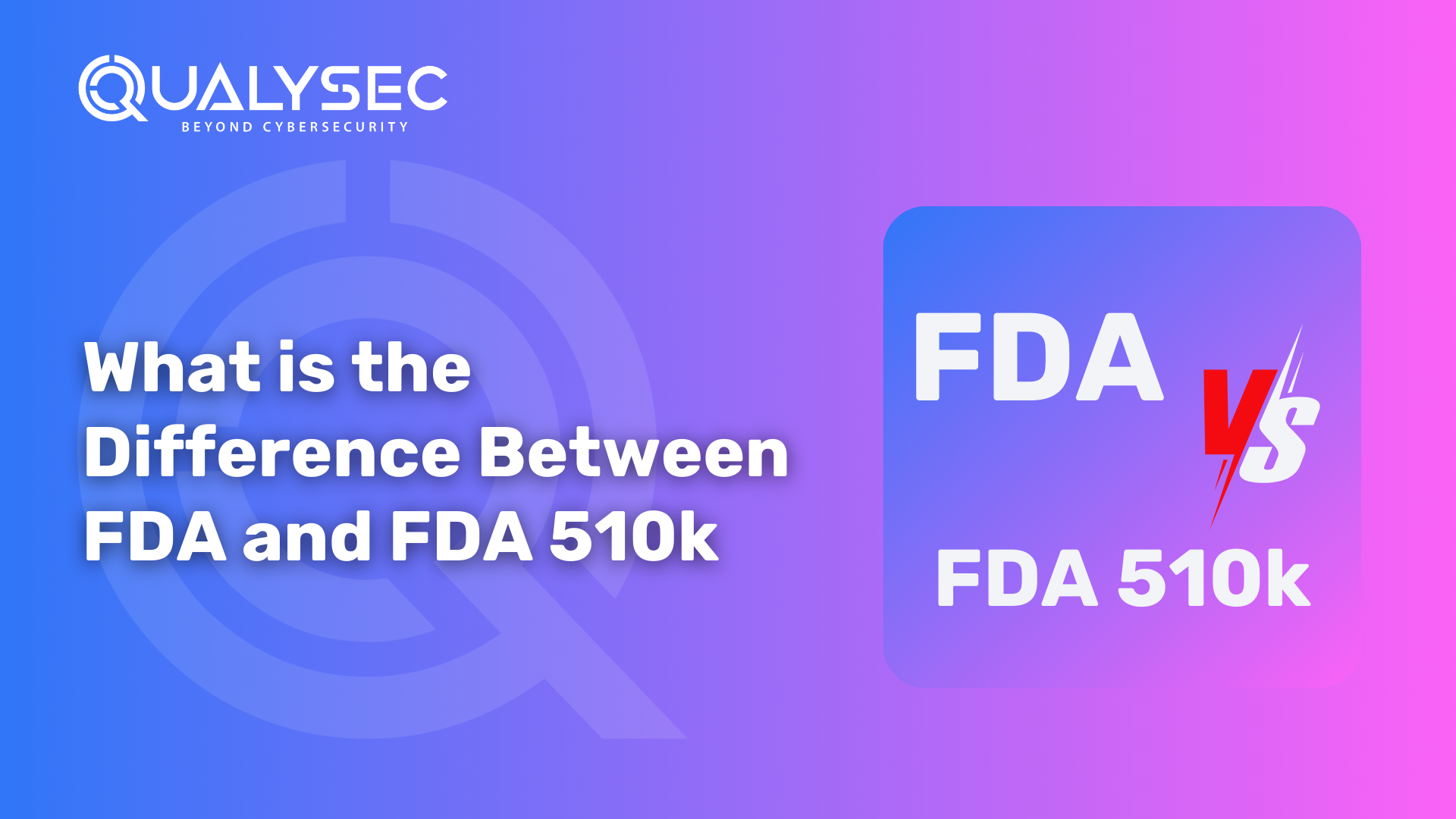









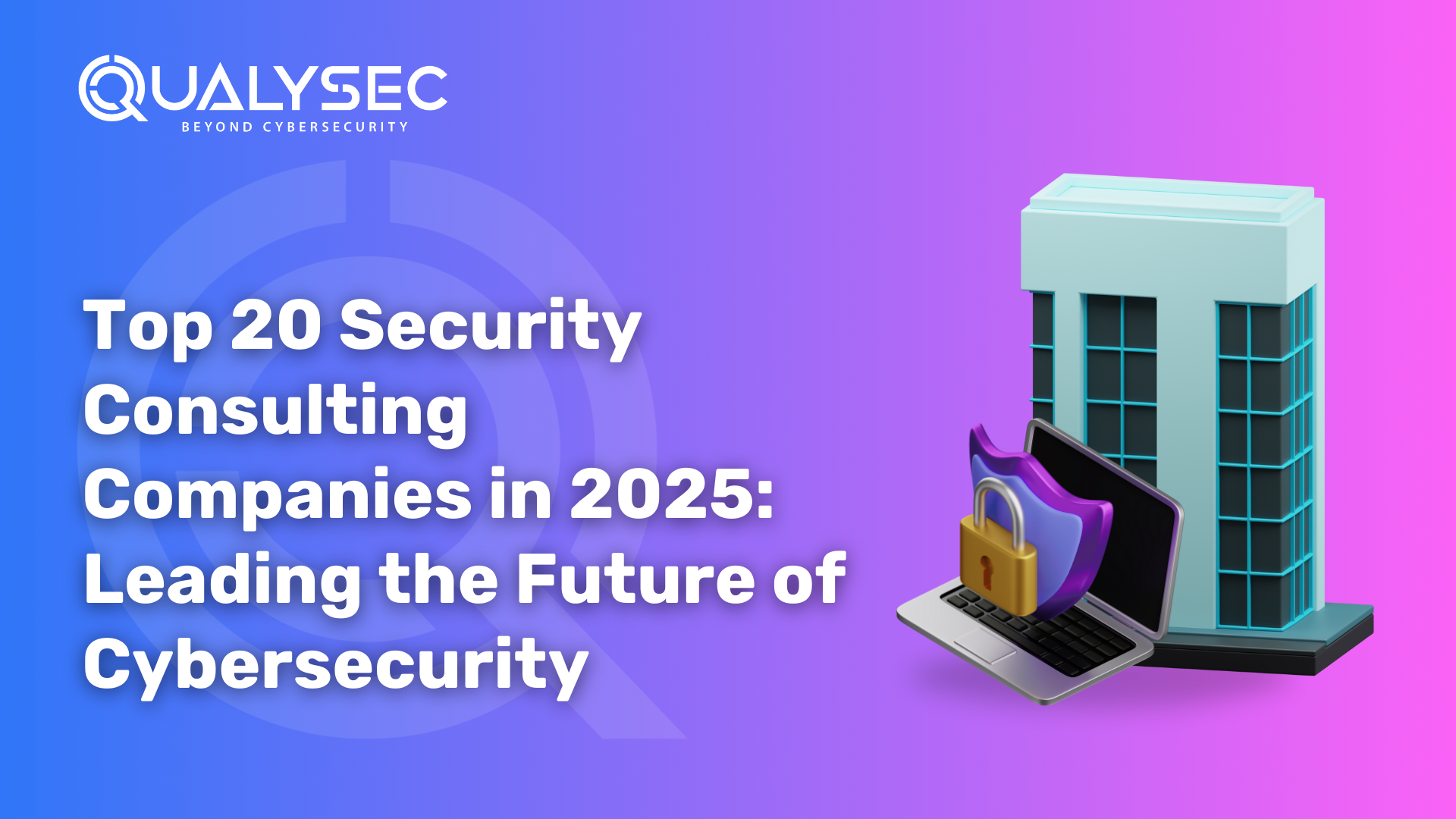
























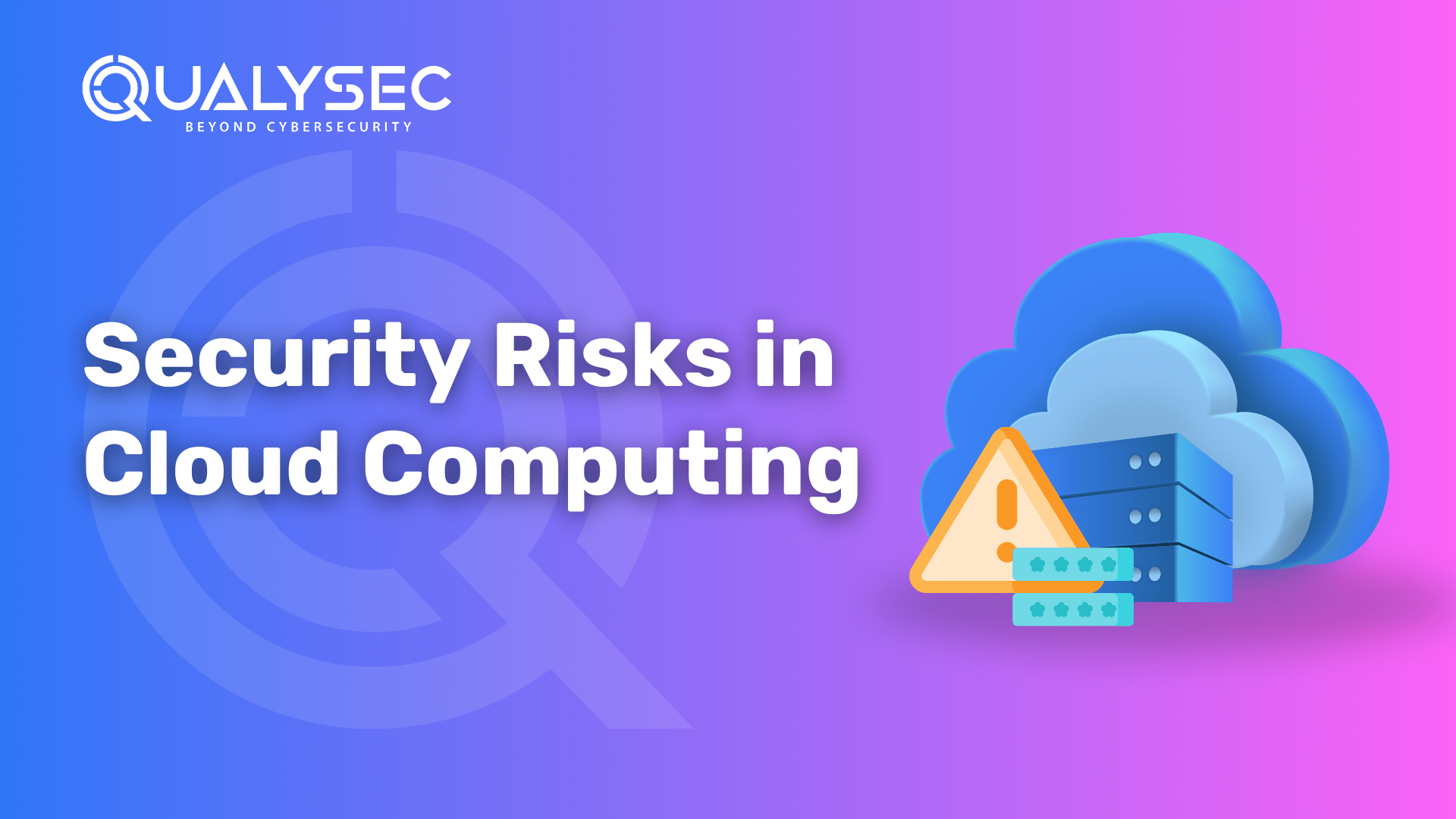







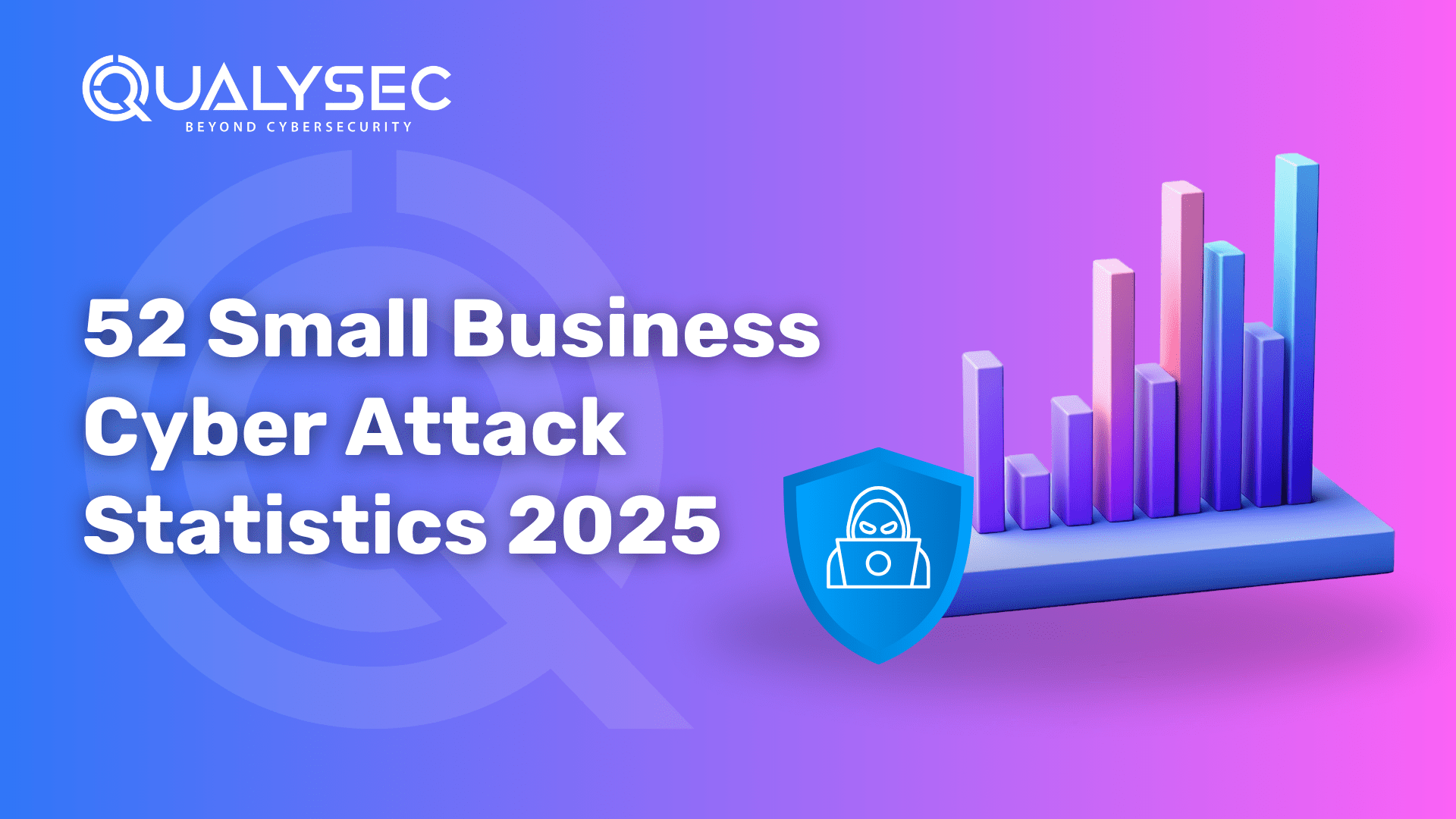

















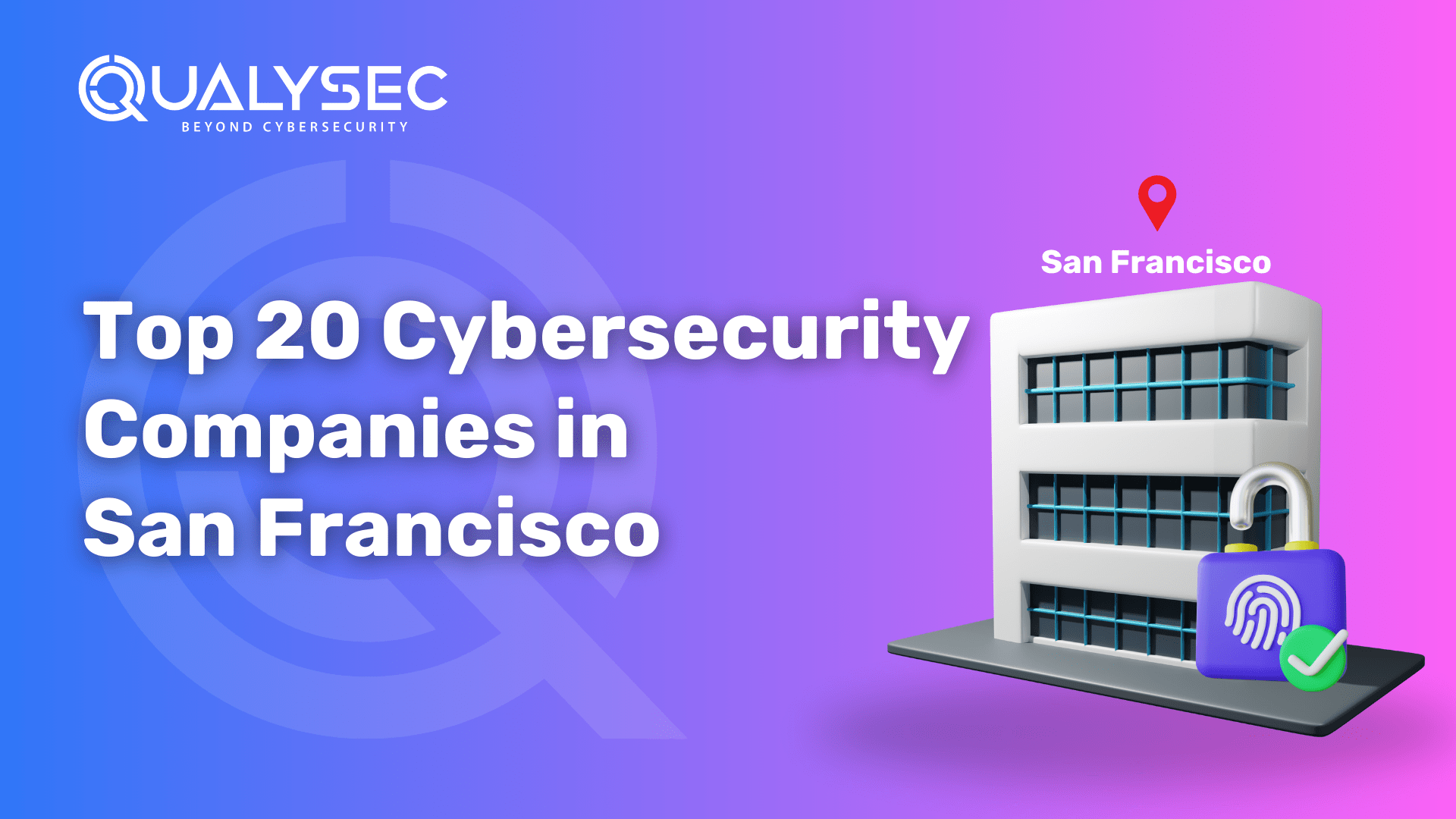








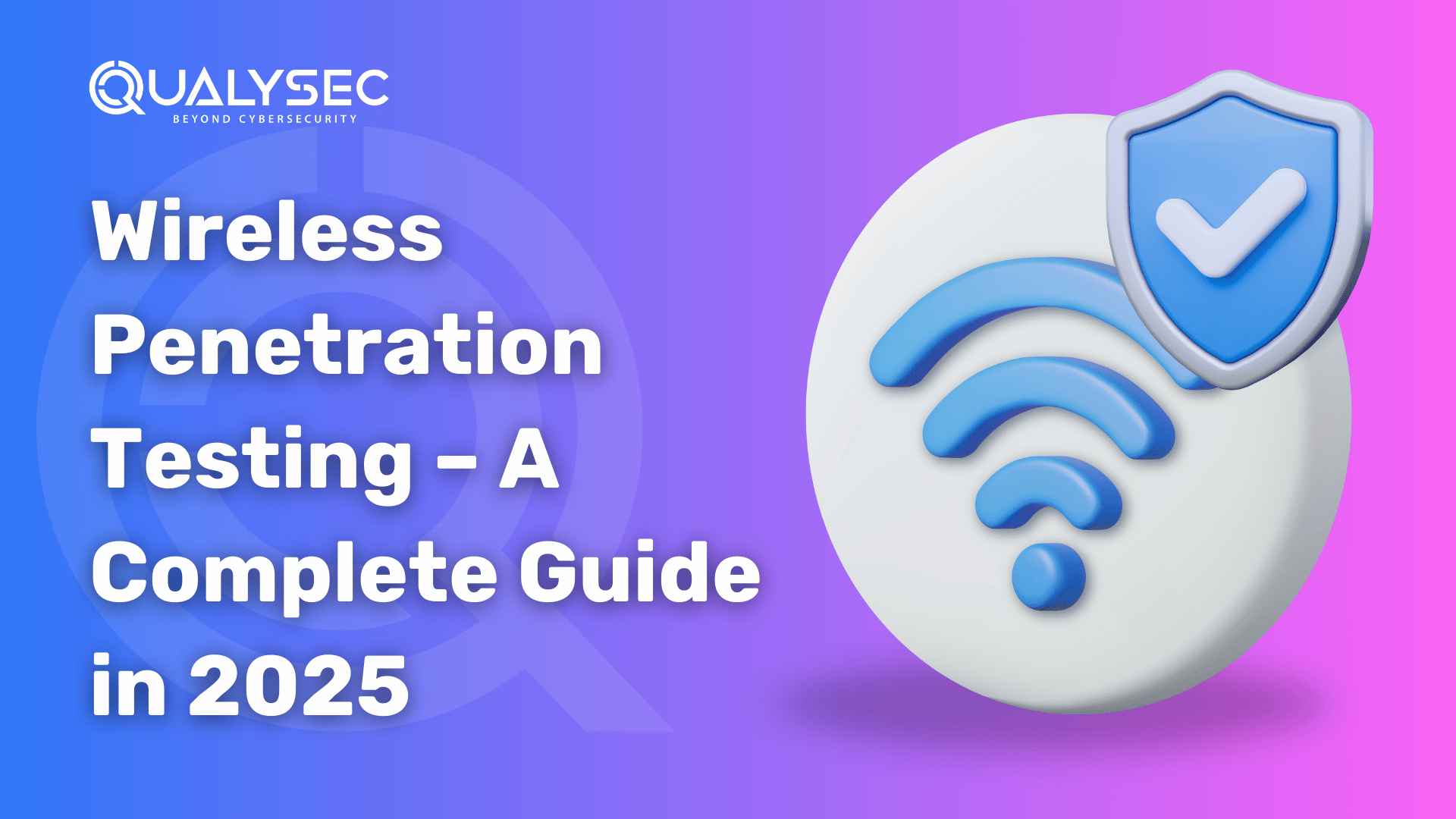































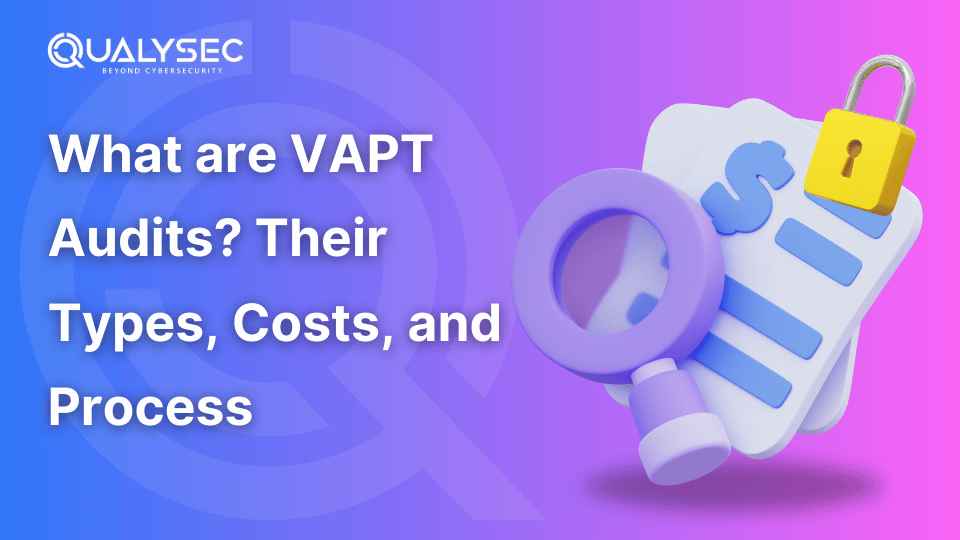








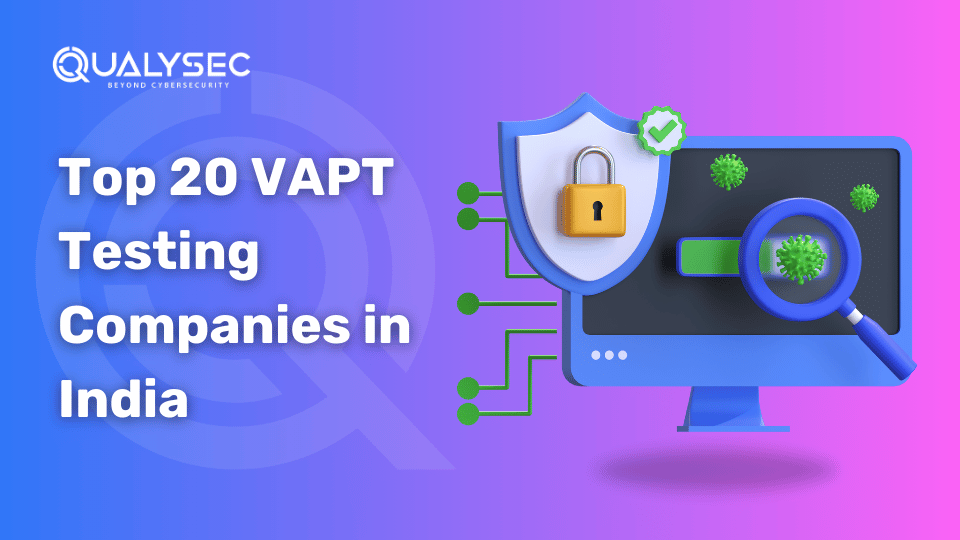


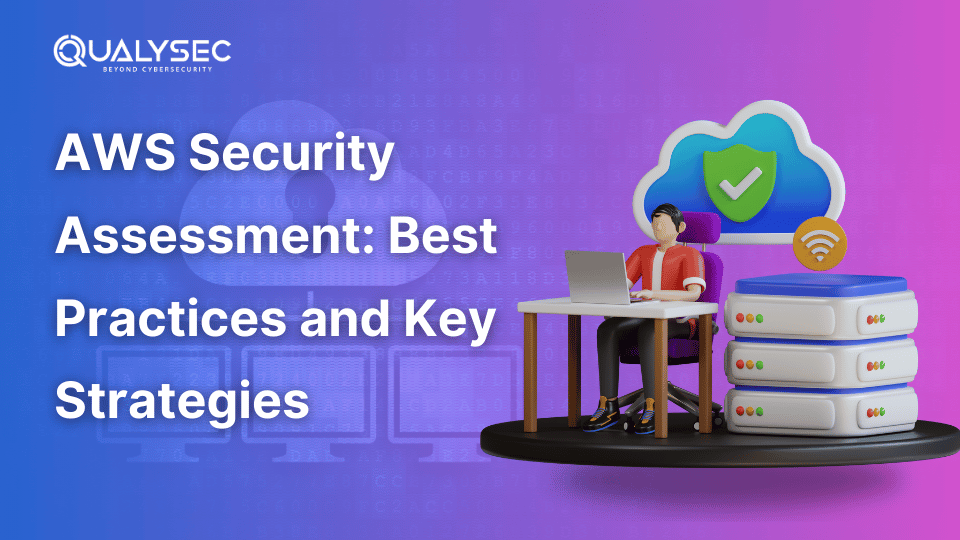




















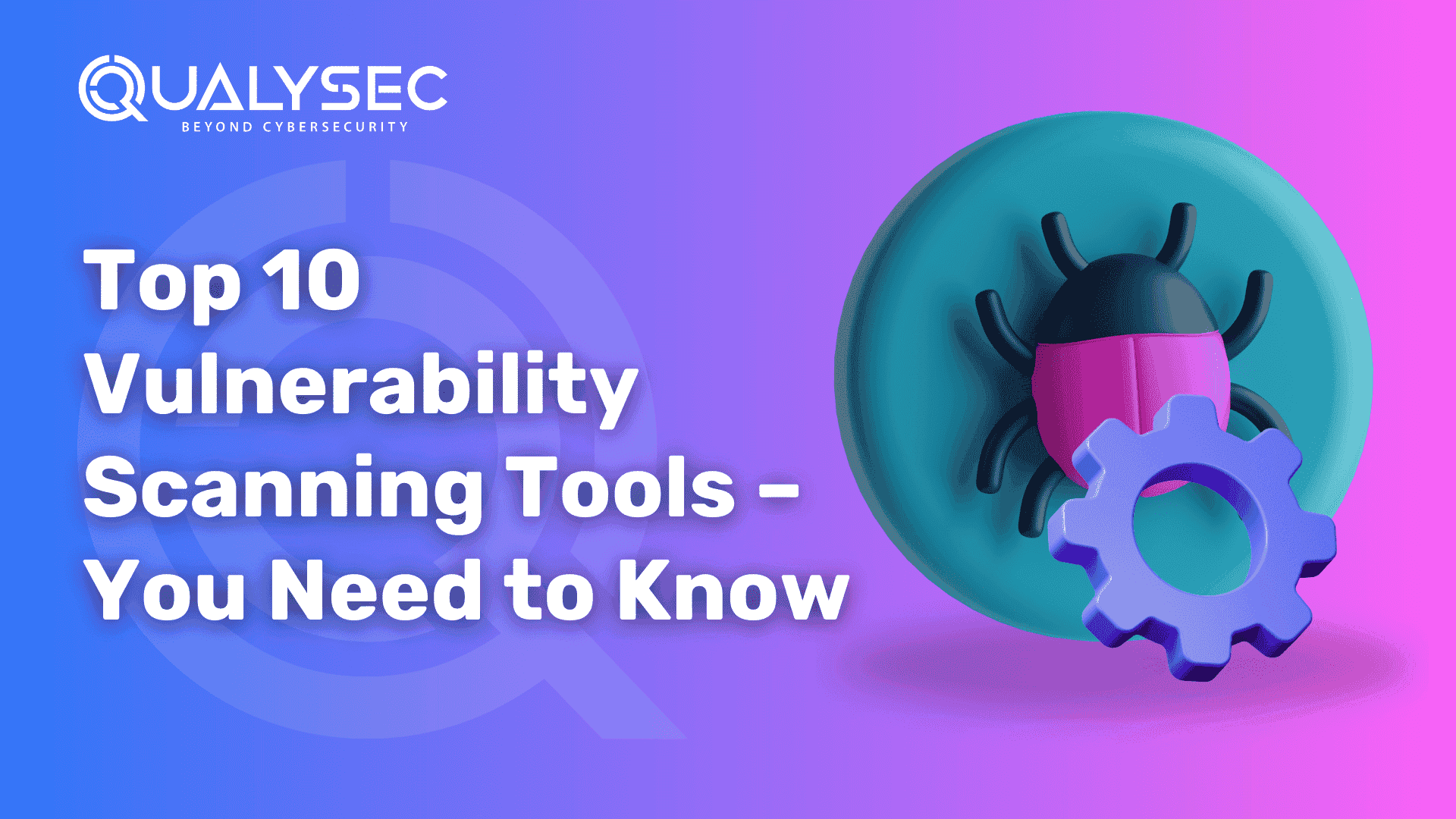


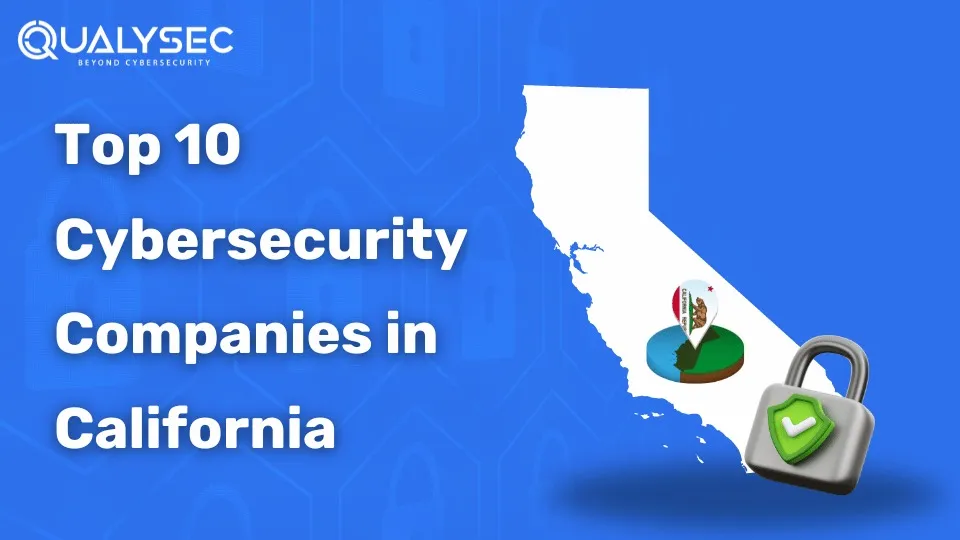
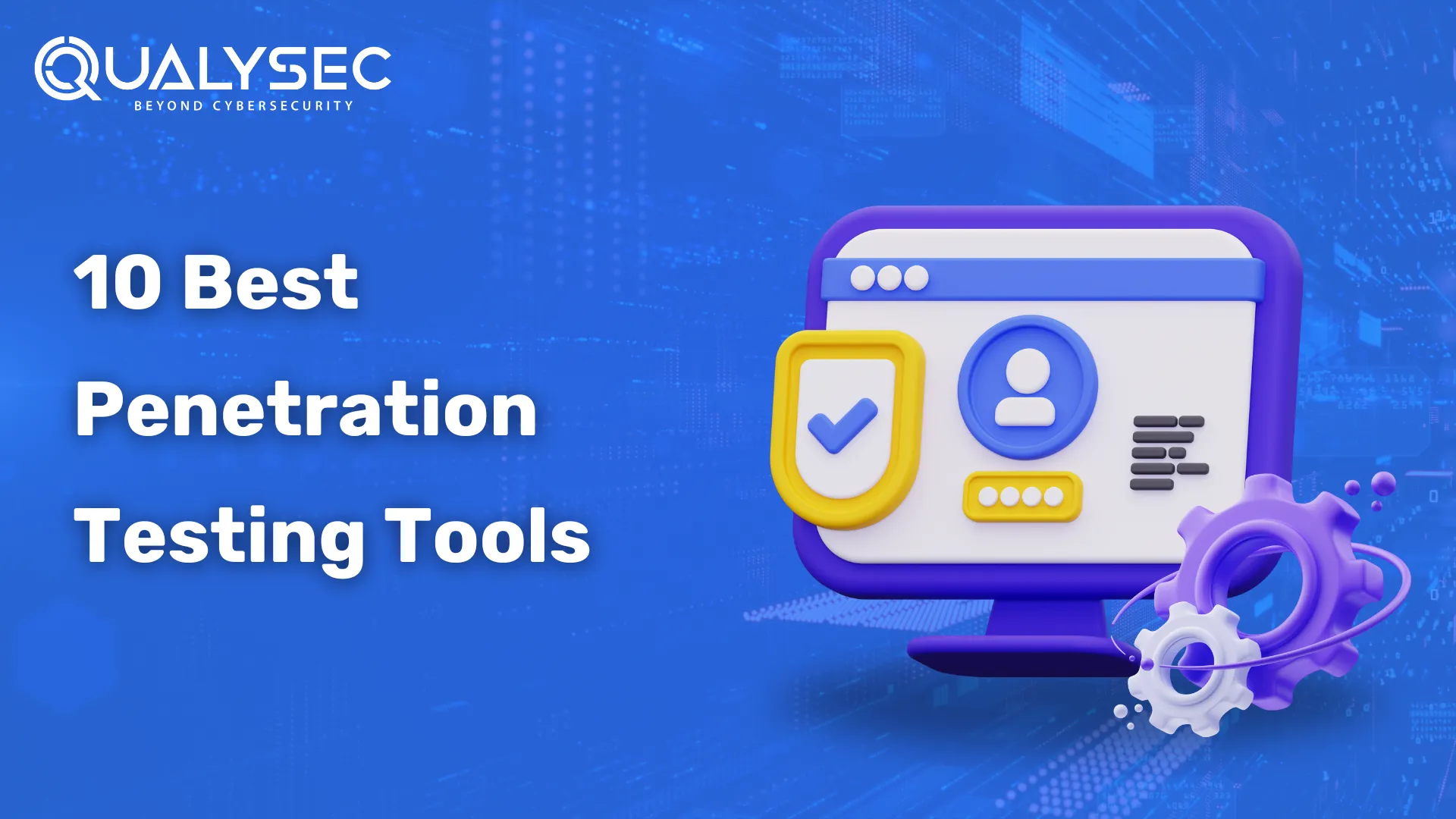









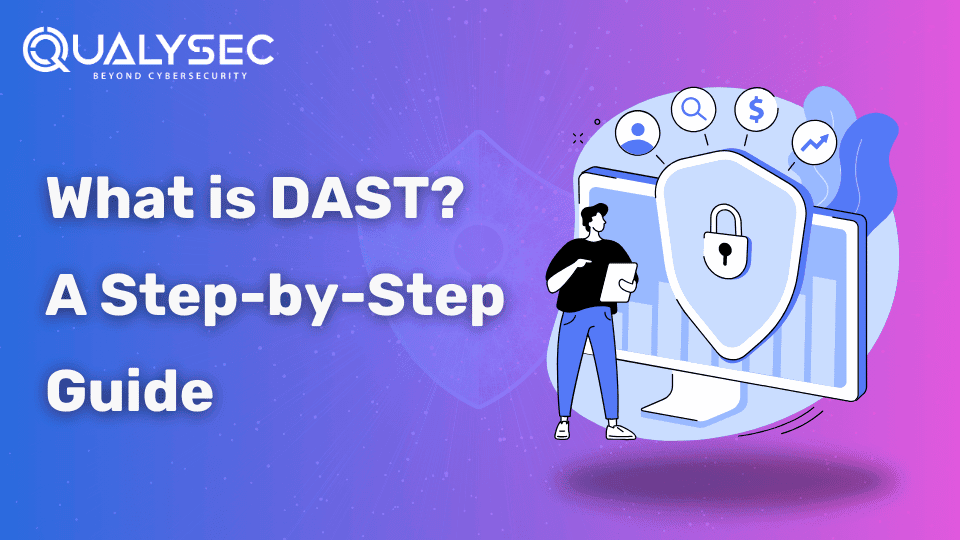


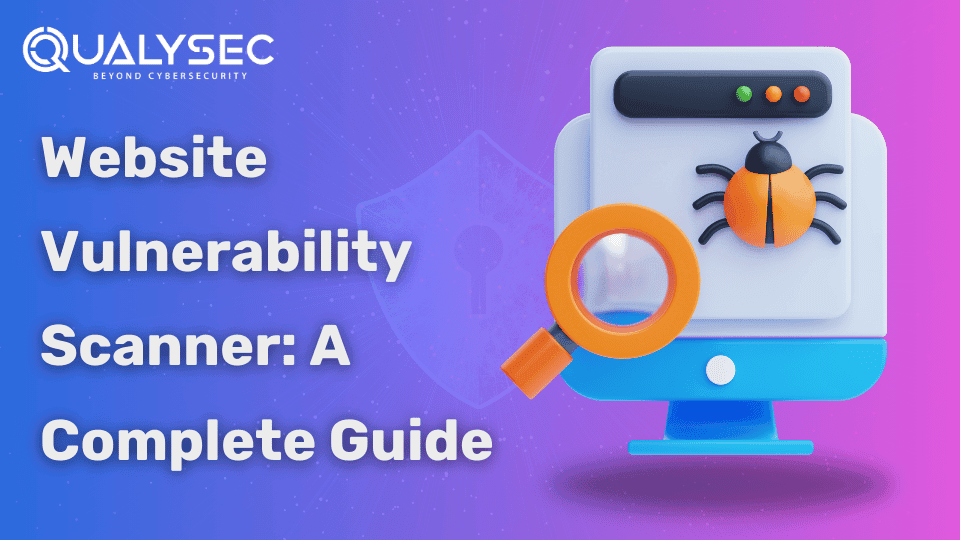

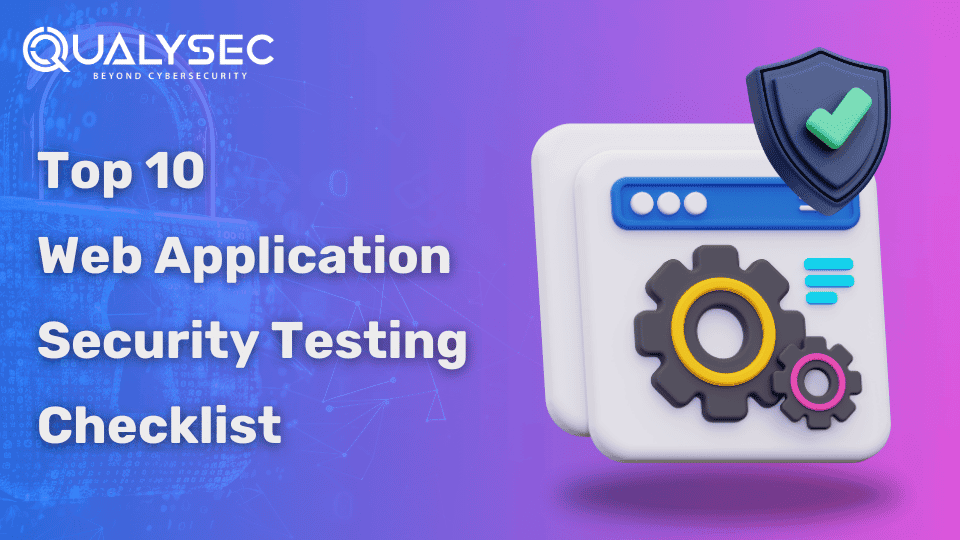

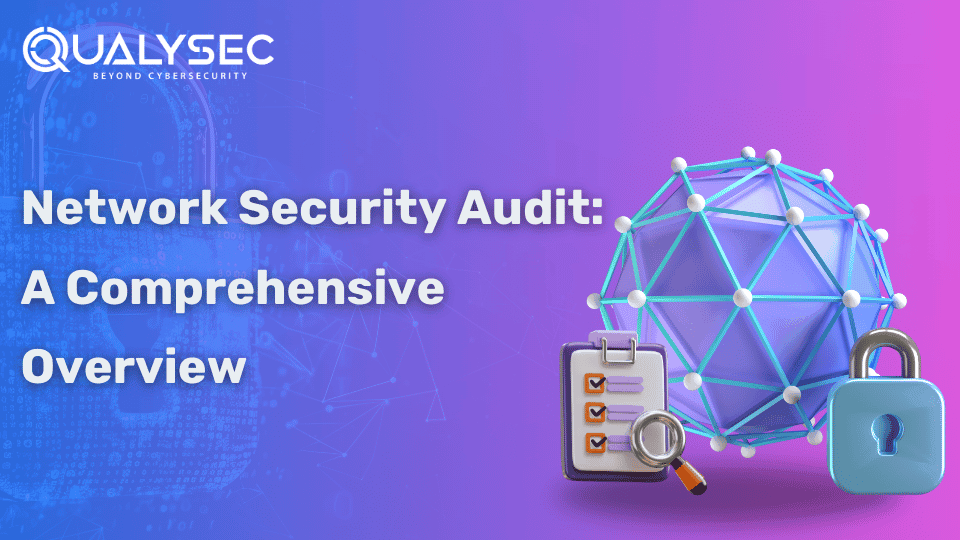











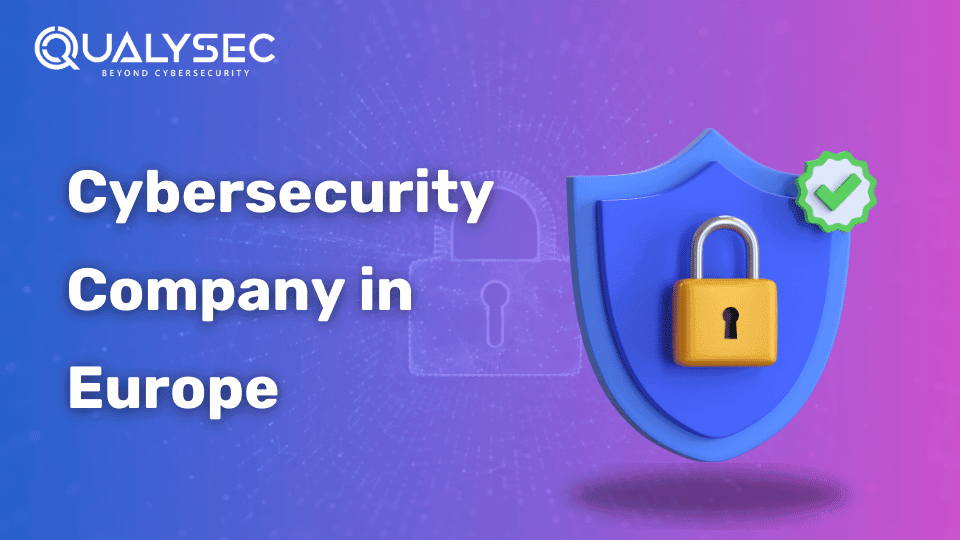
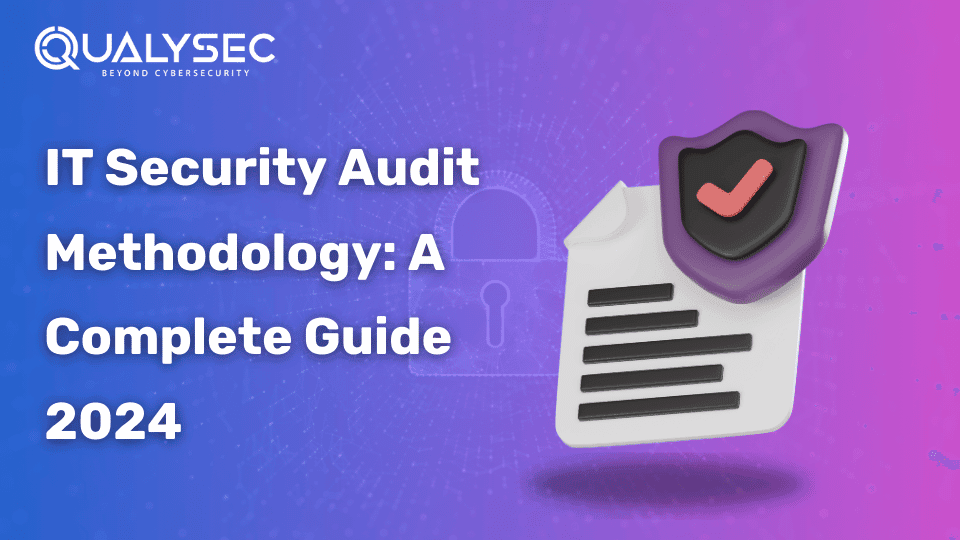

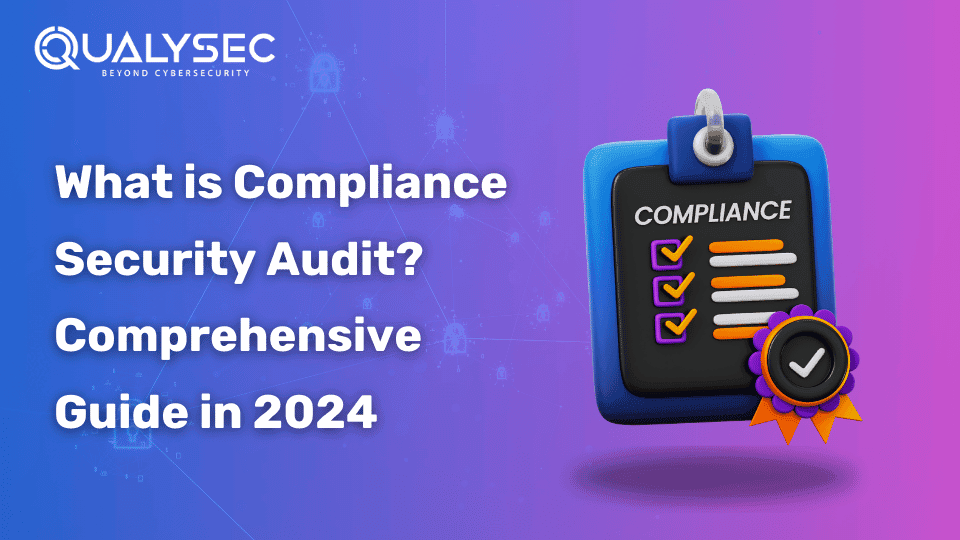


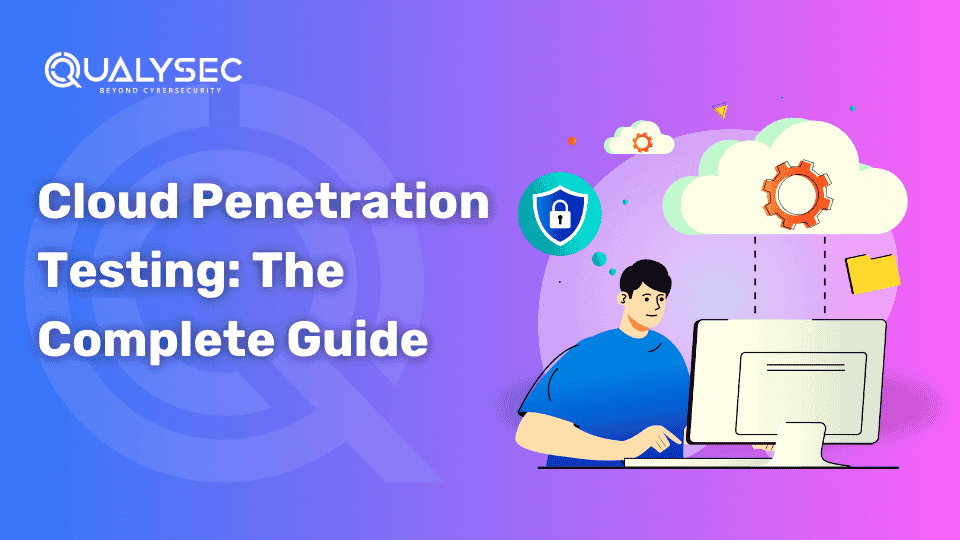


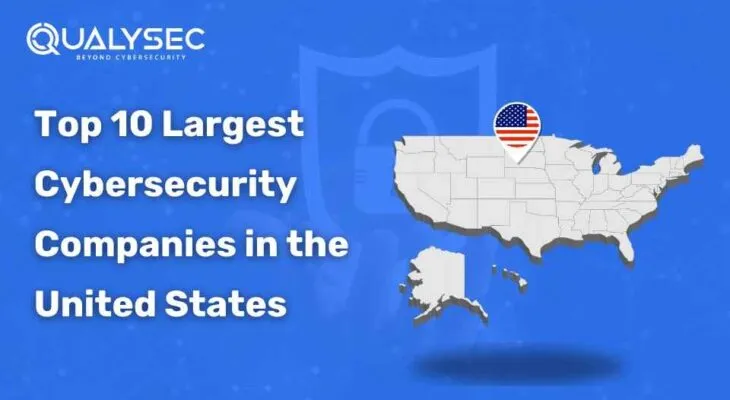


























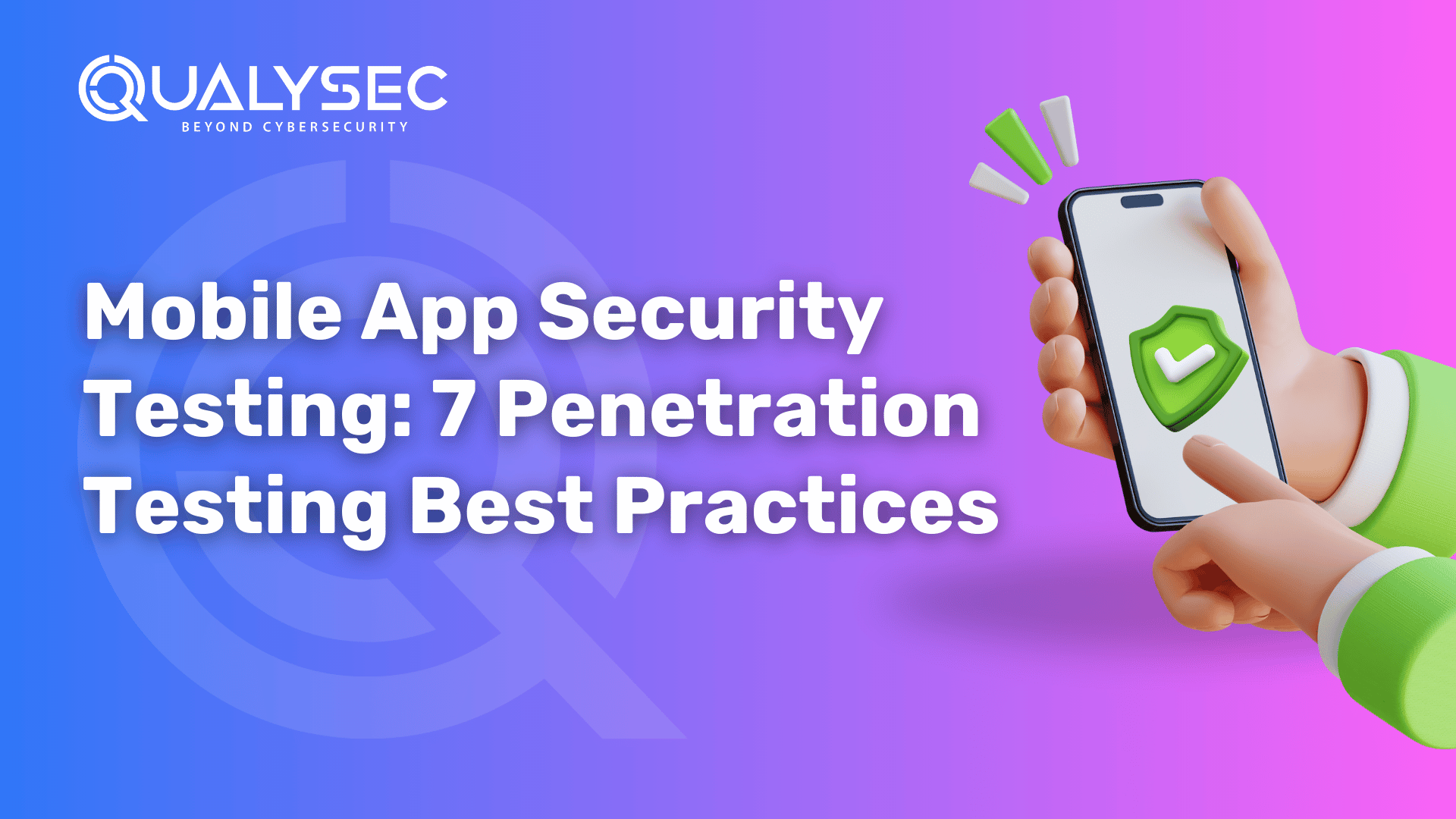














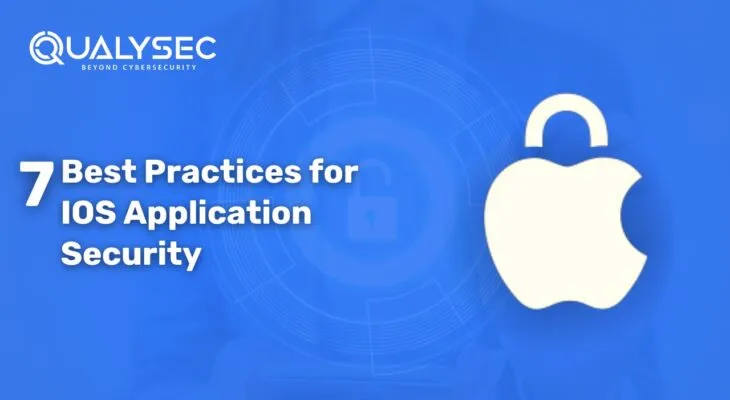


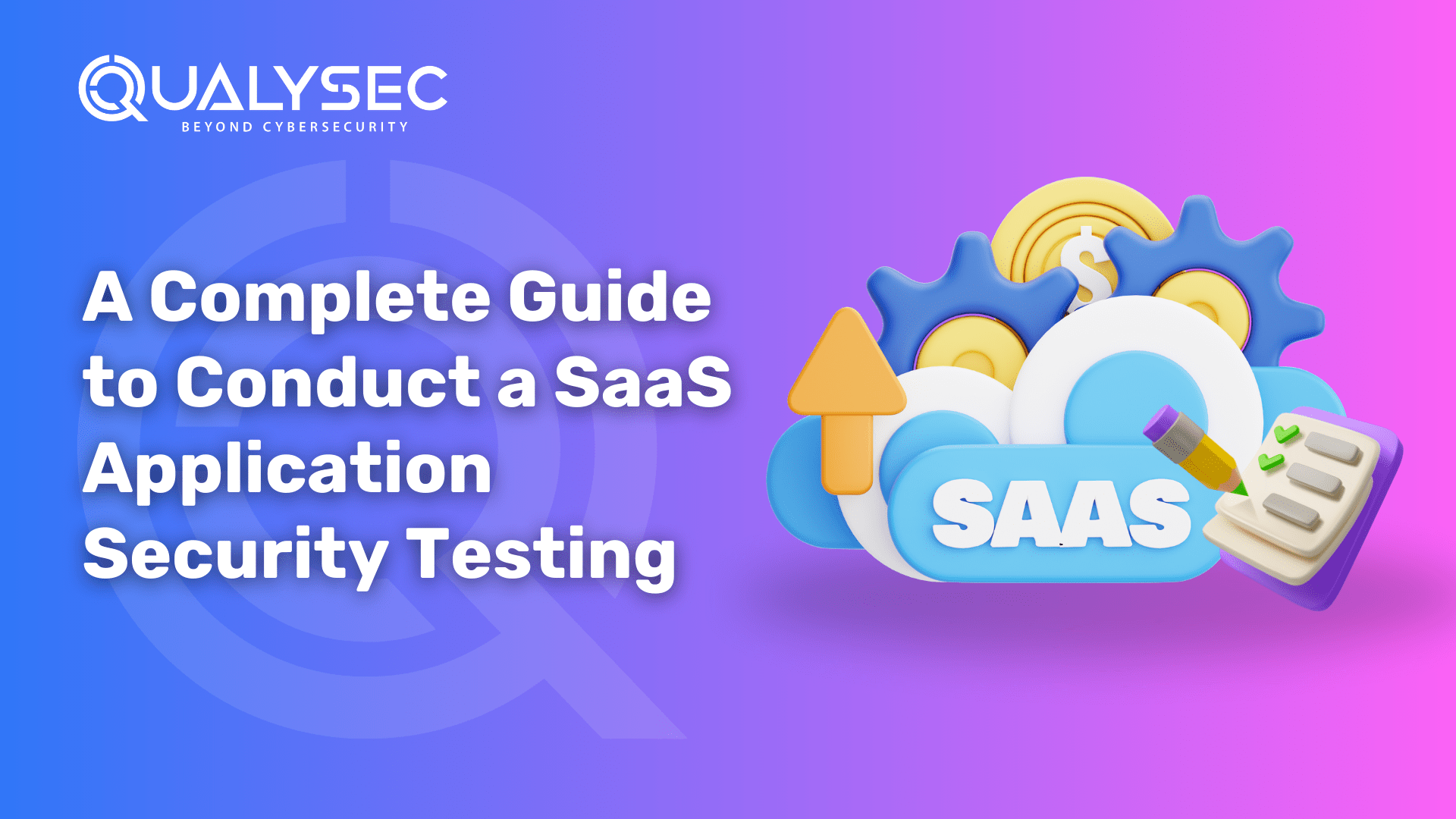





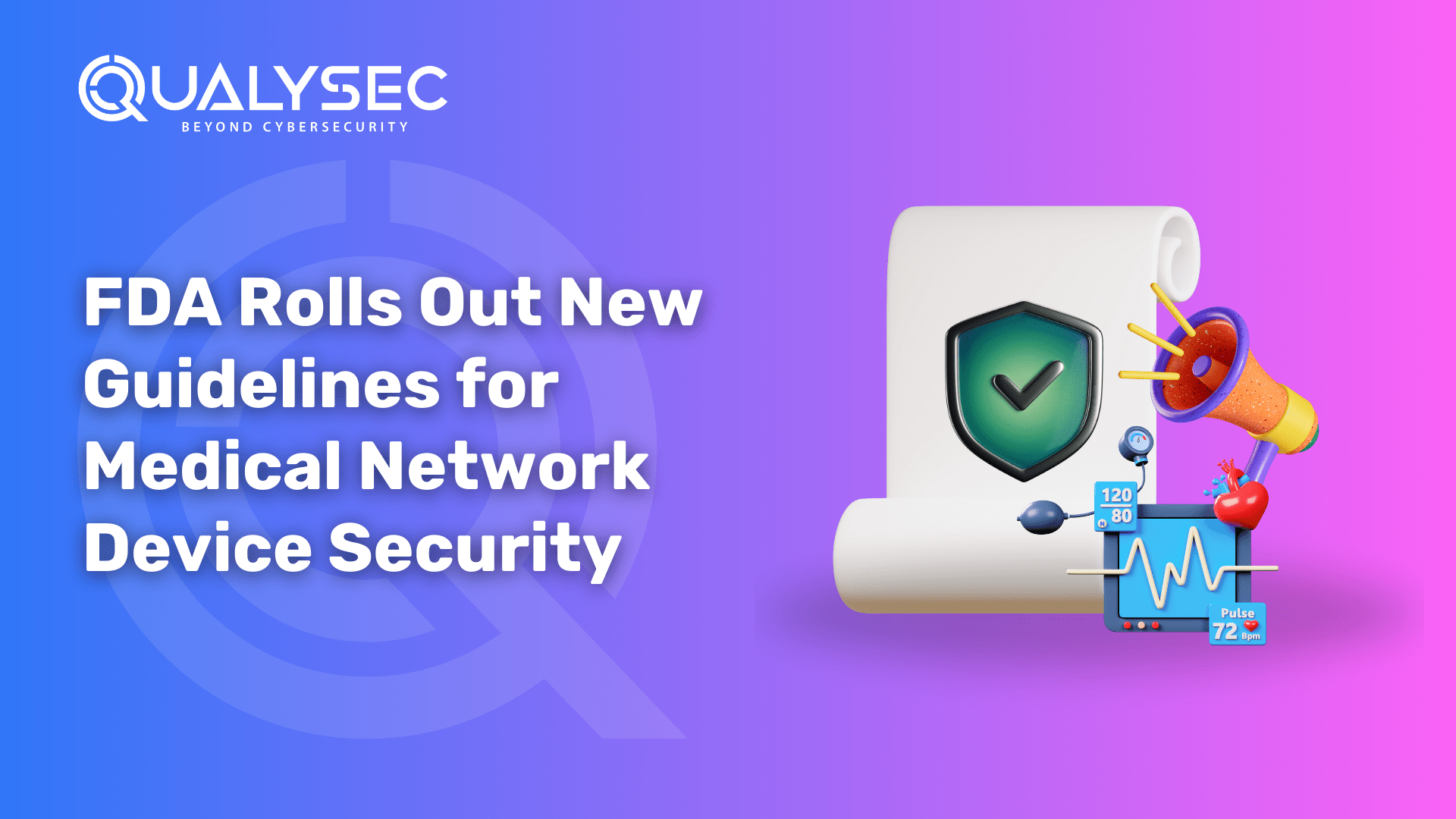















































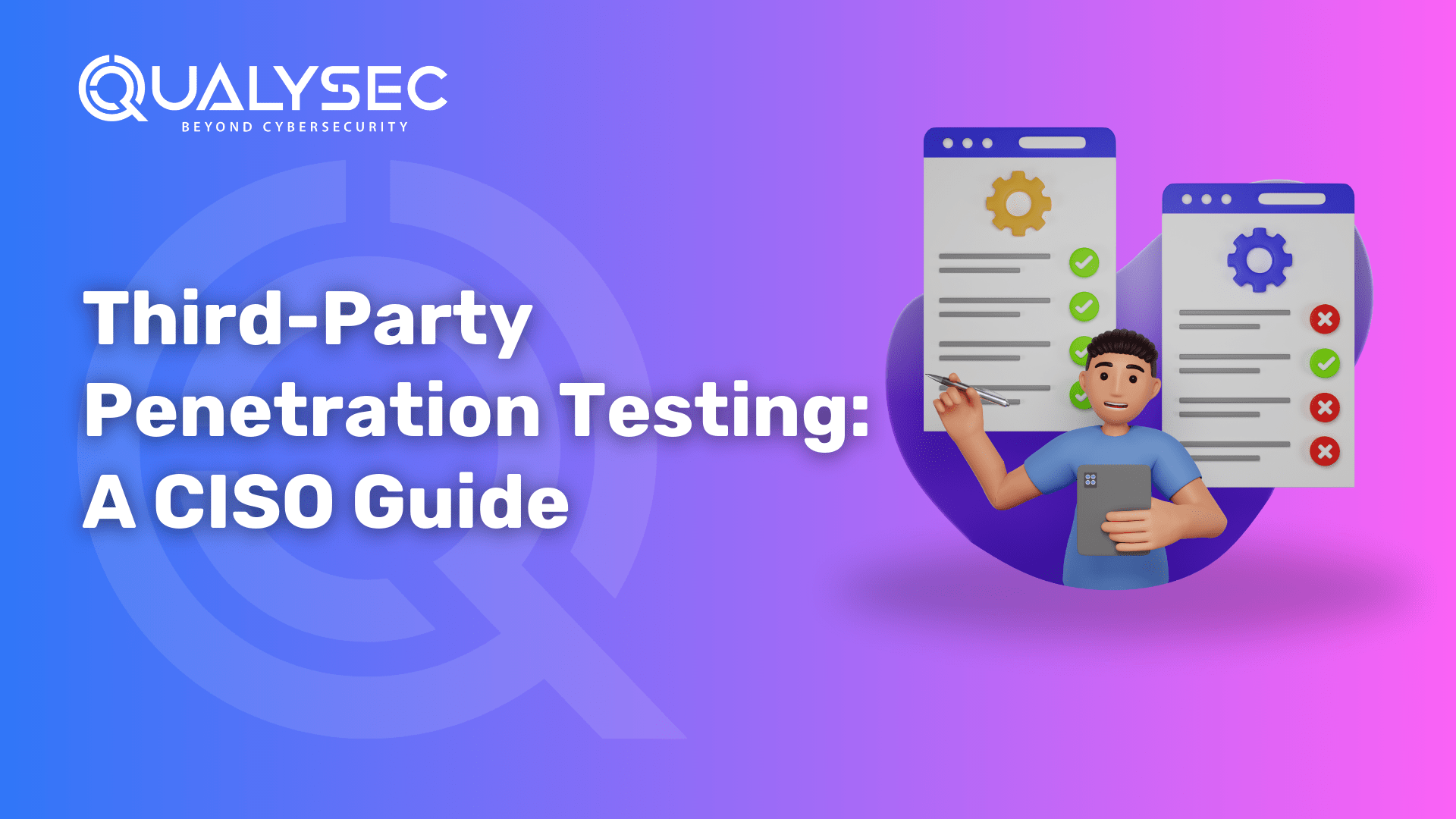





































































































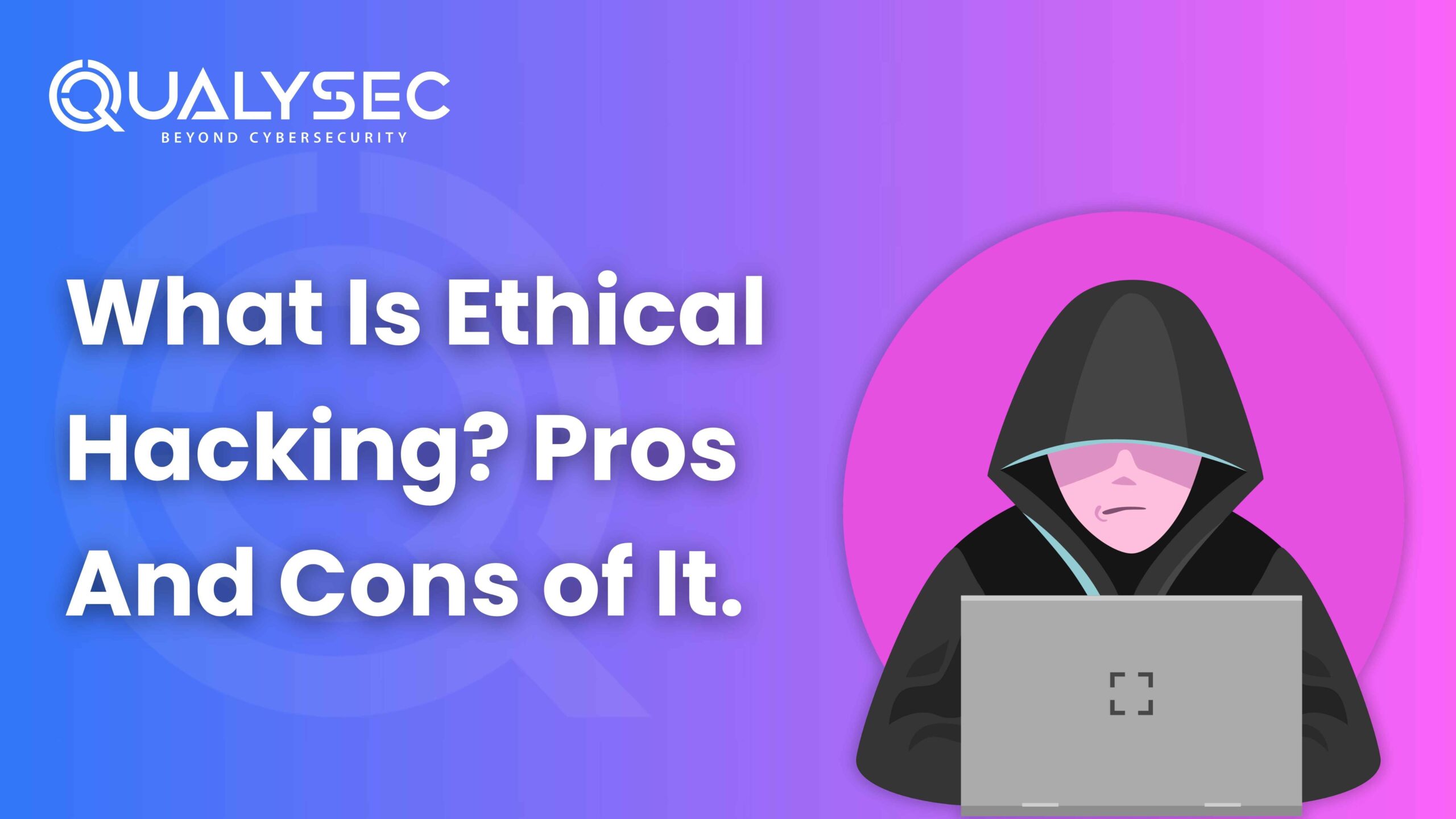







































0 Comments